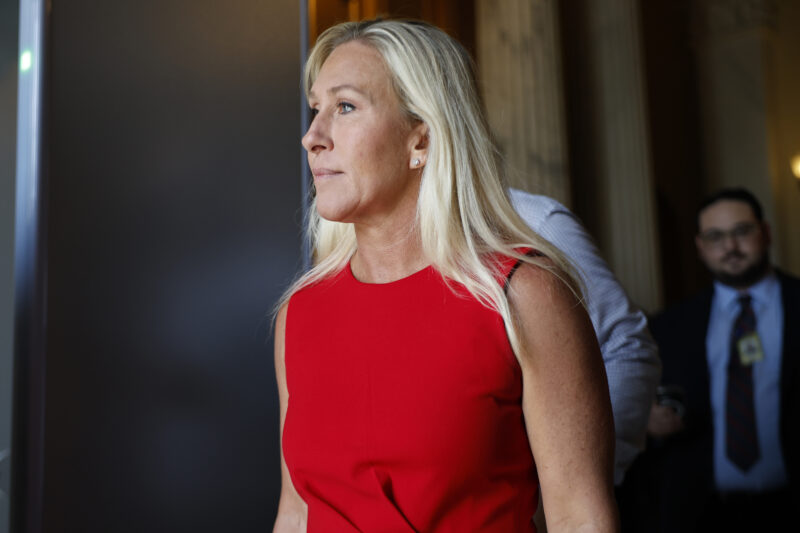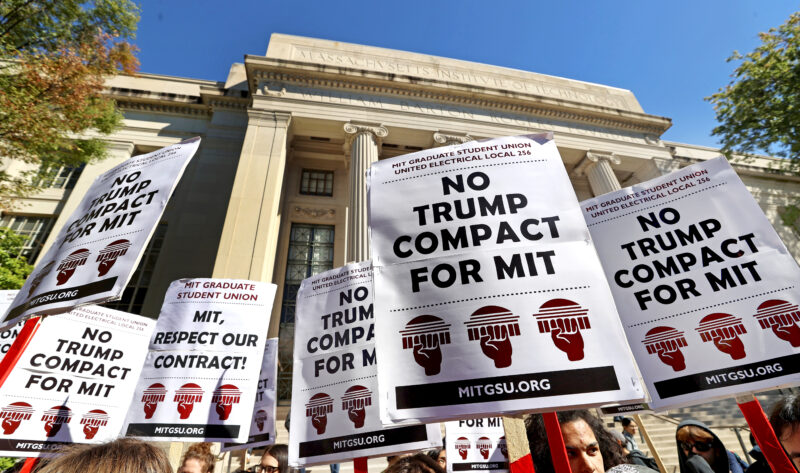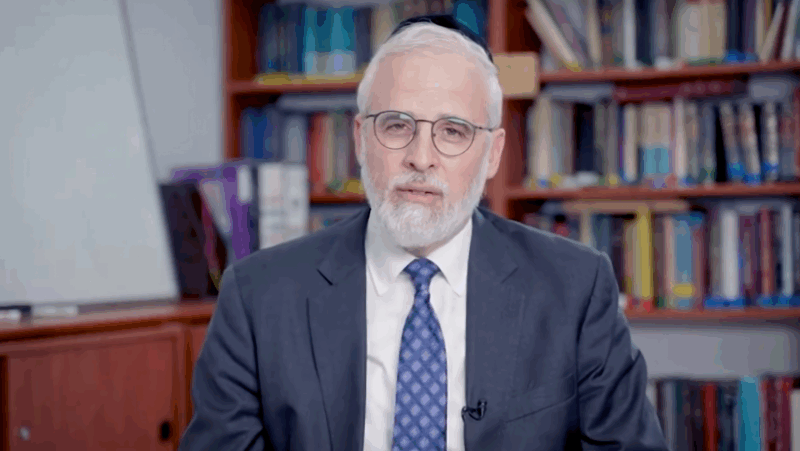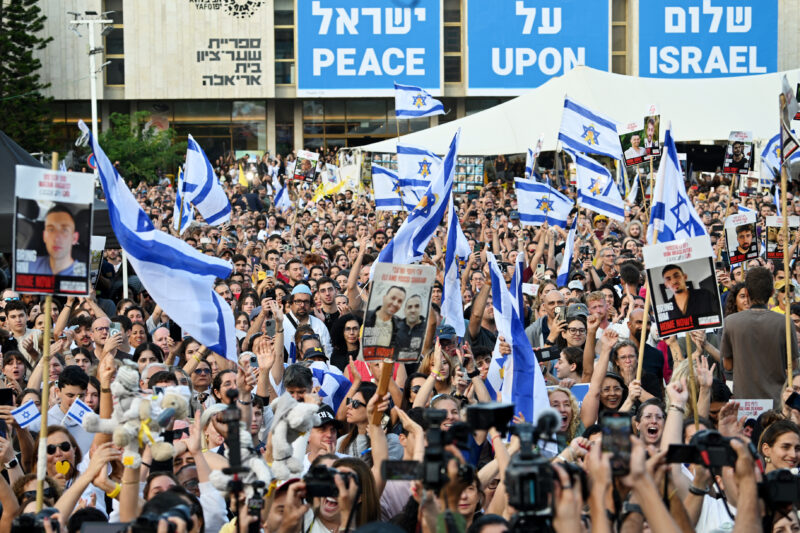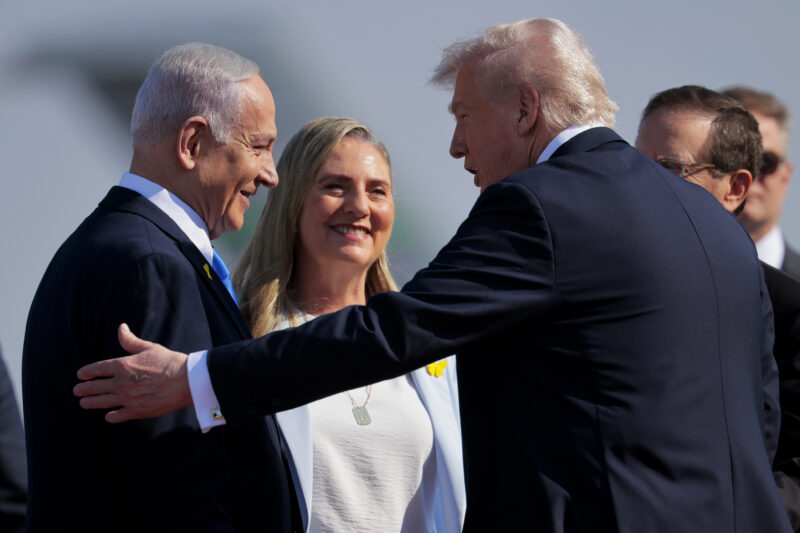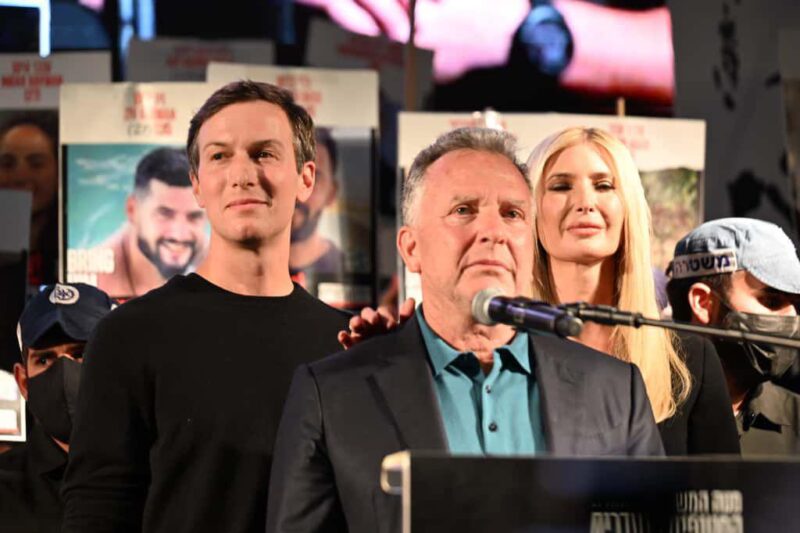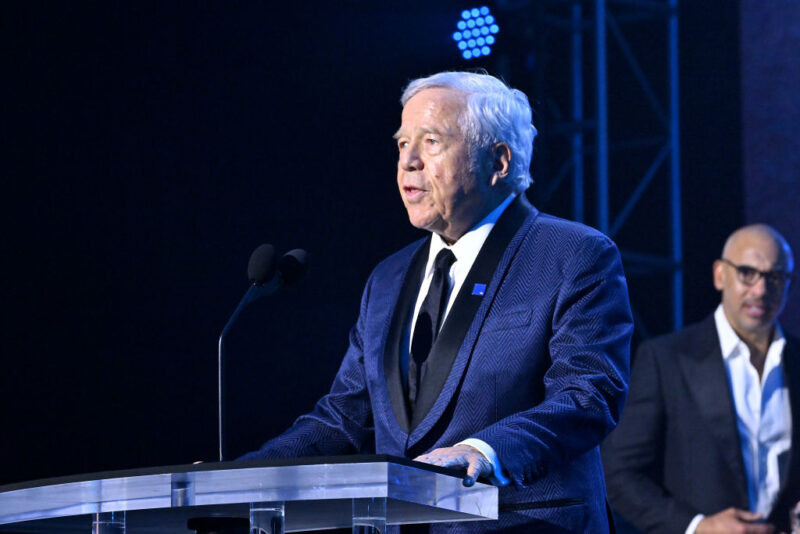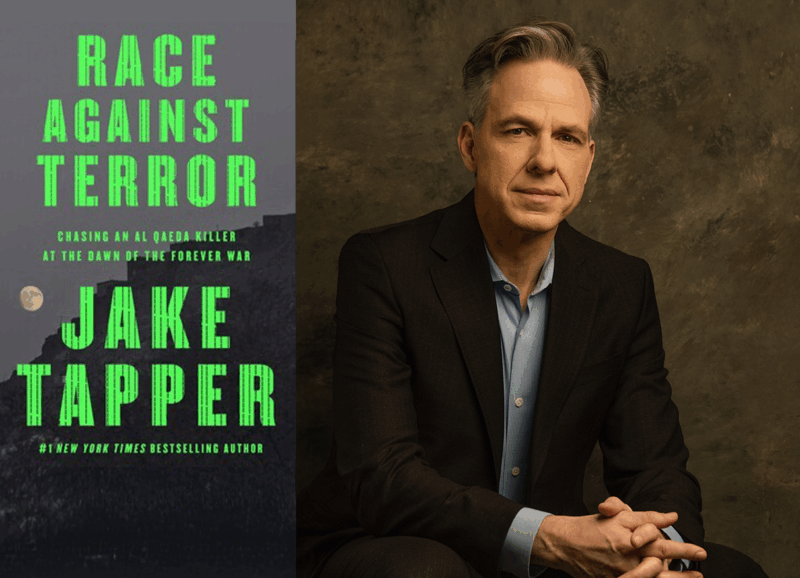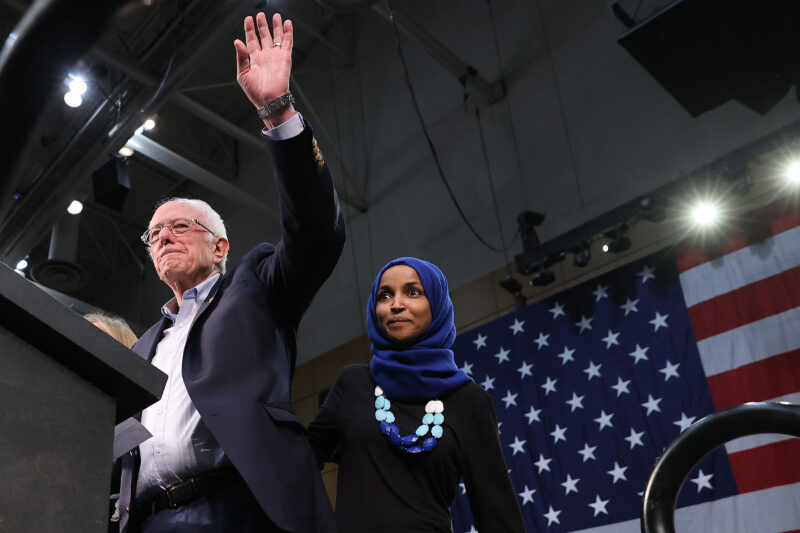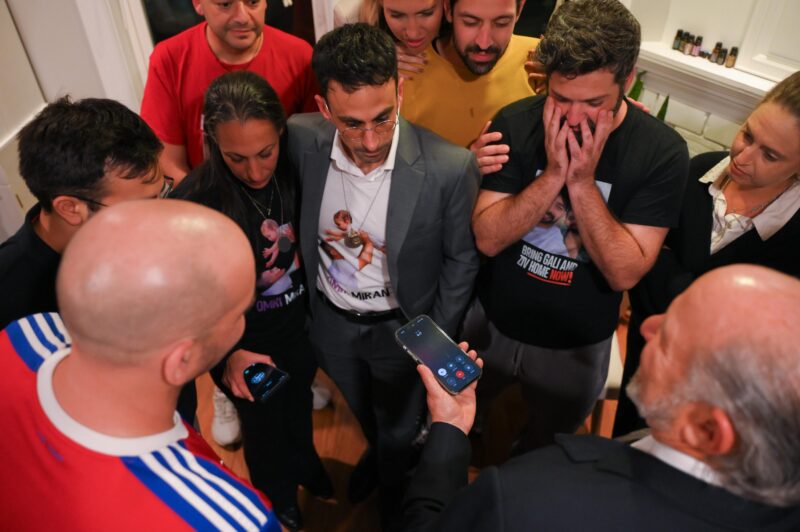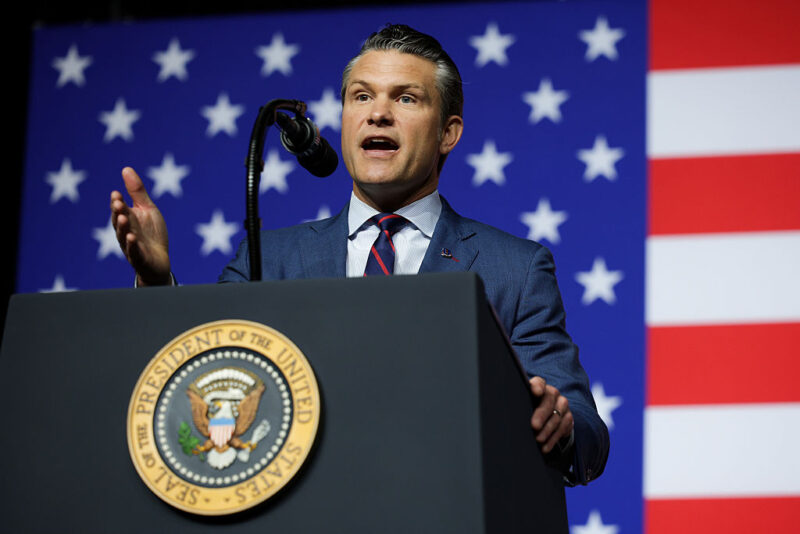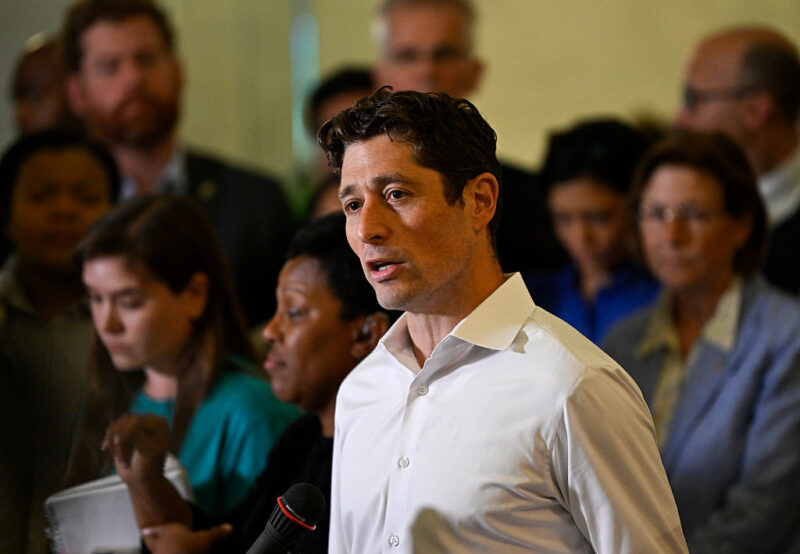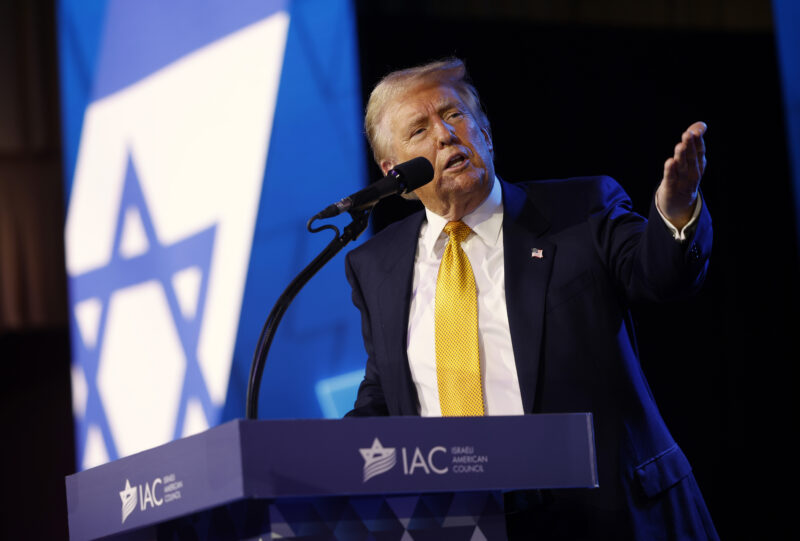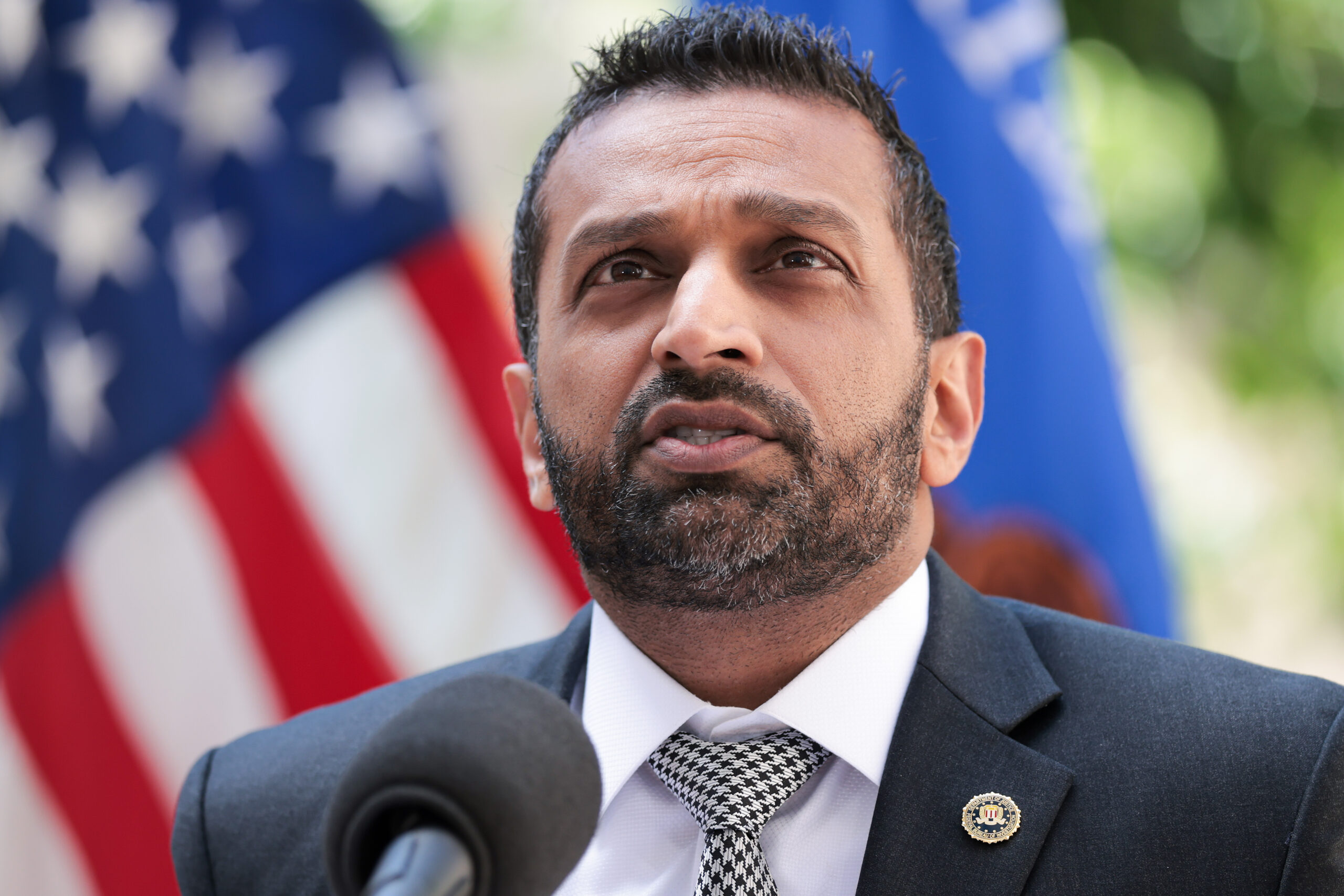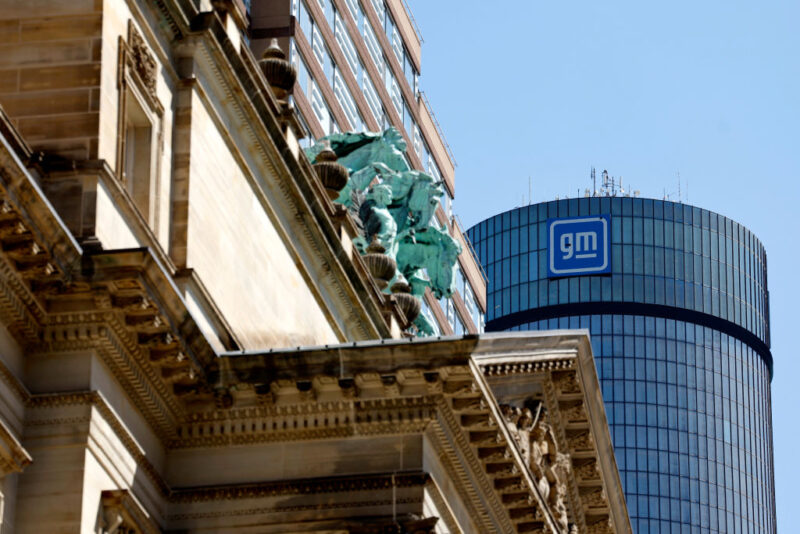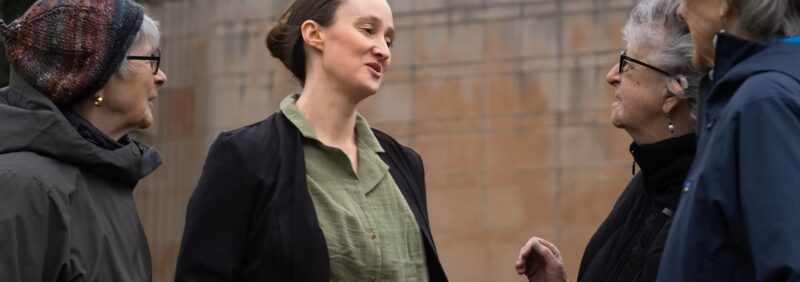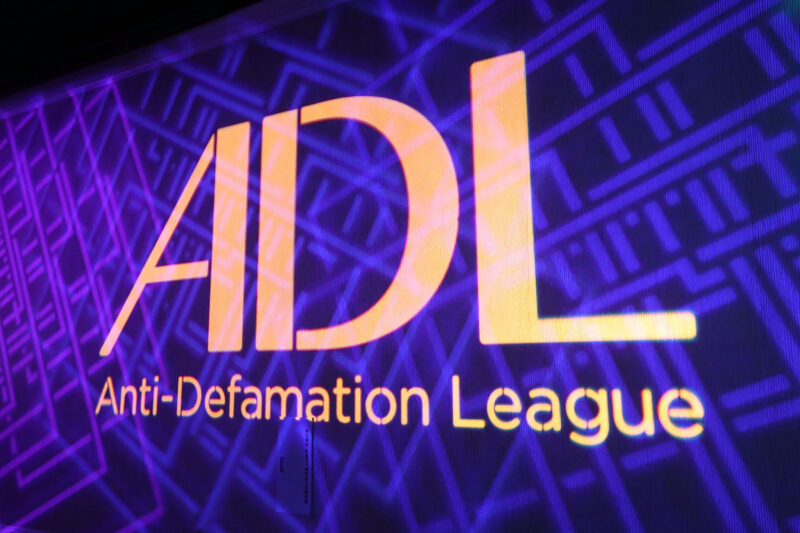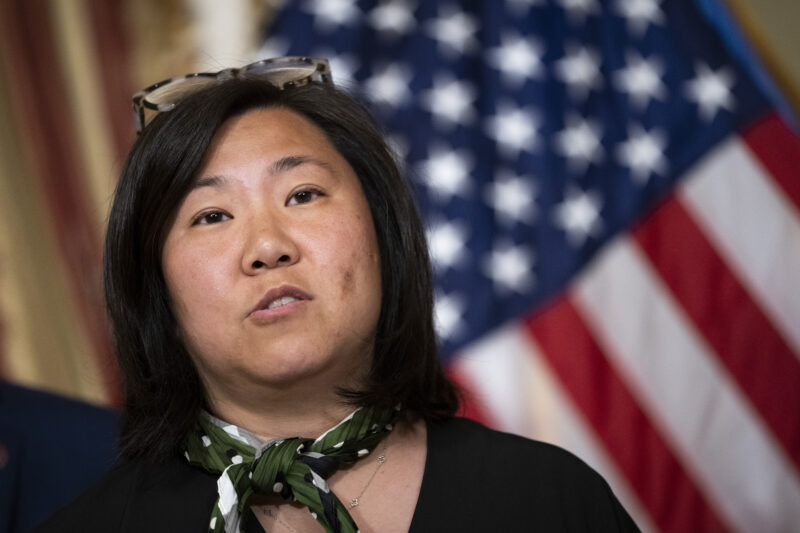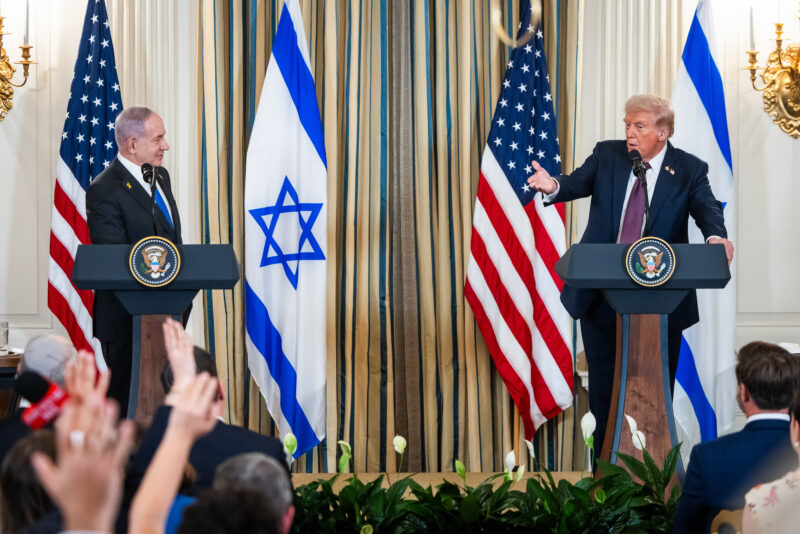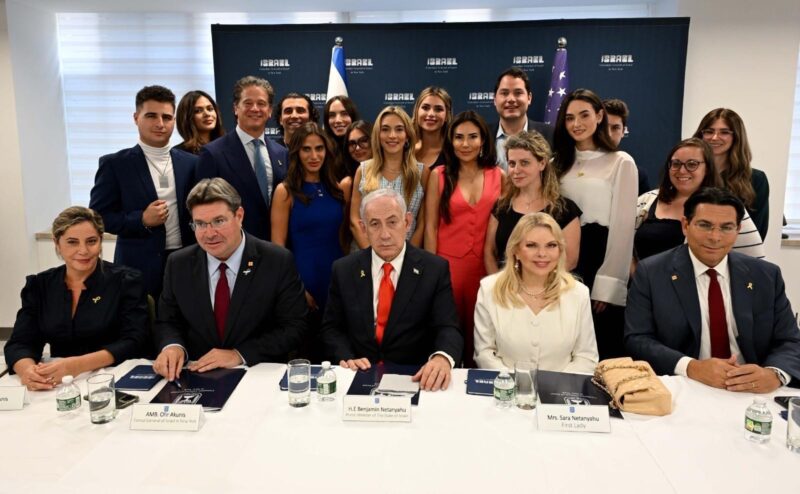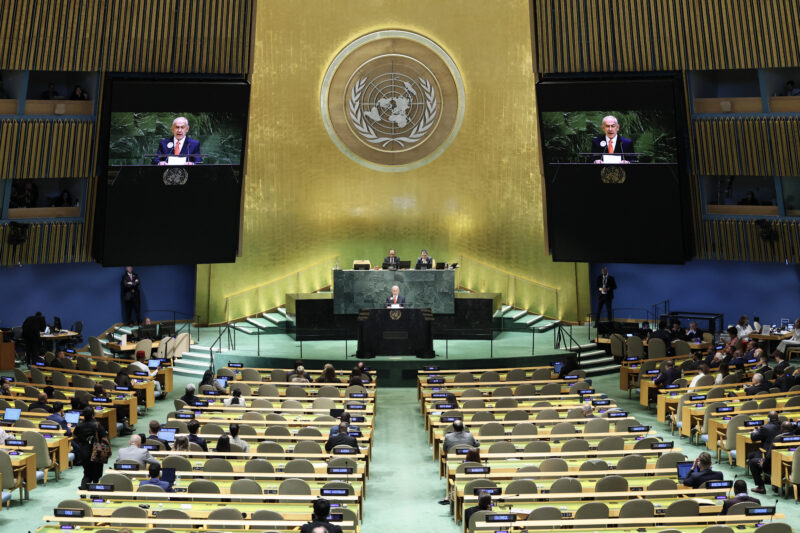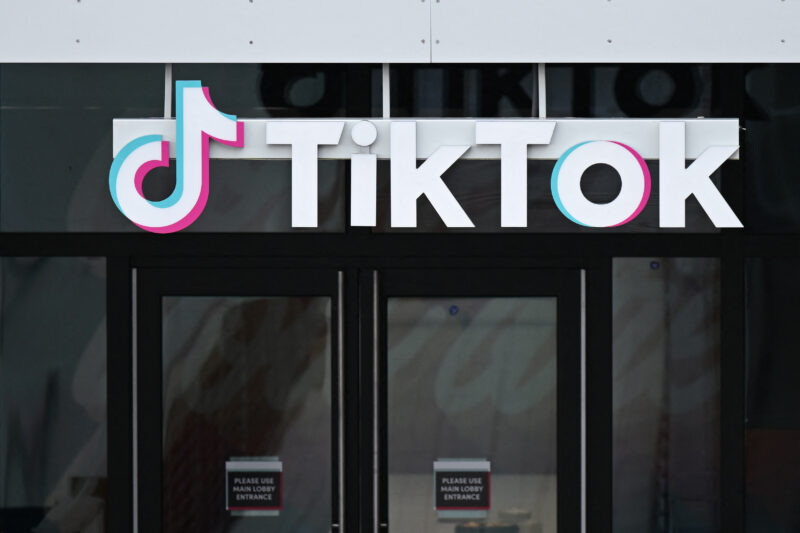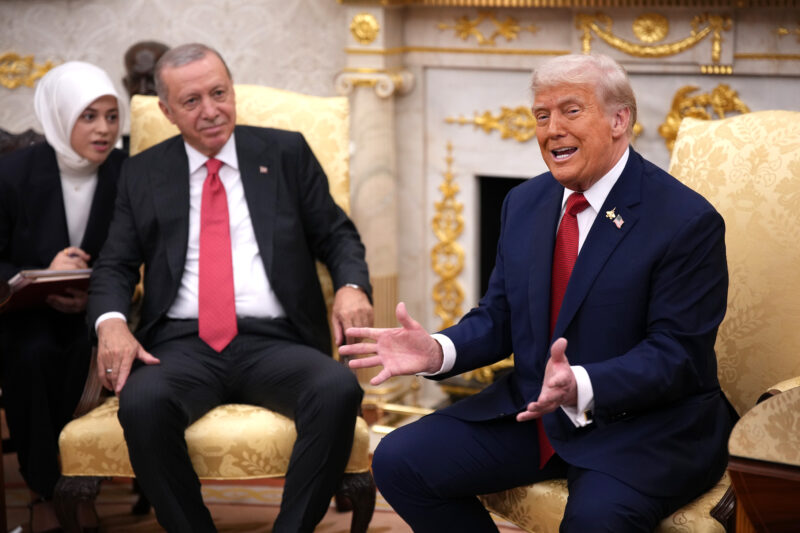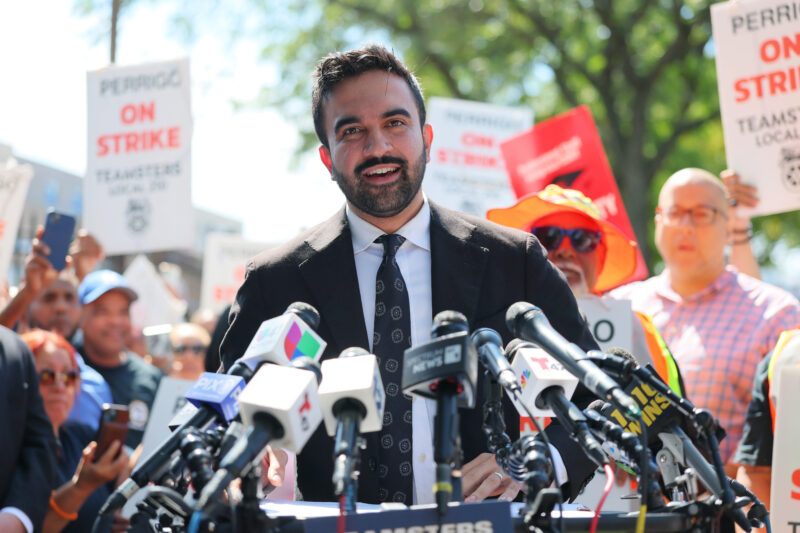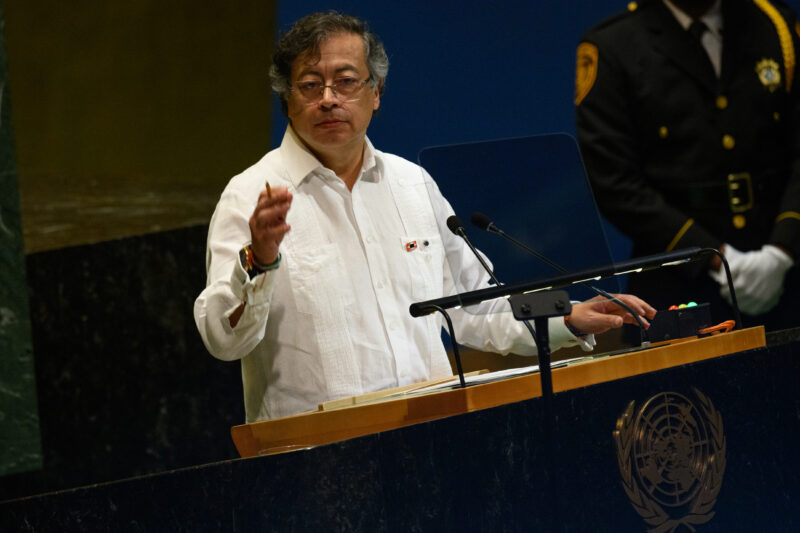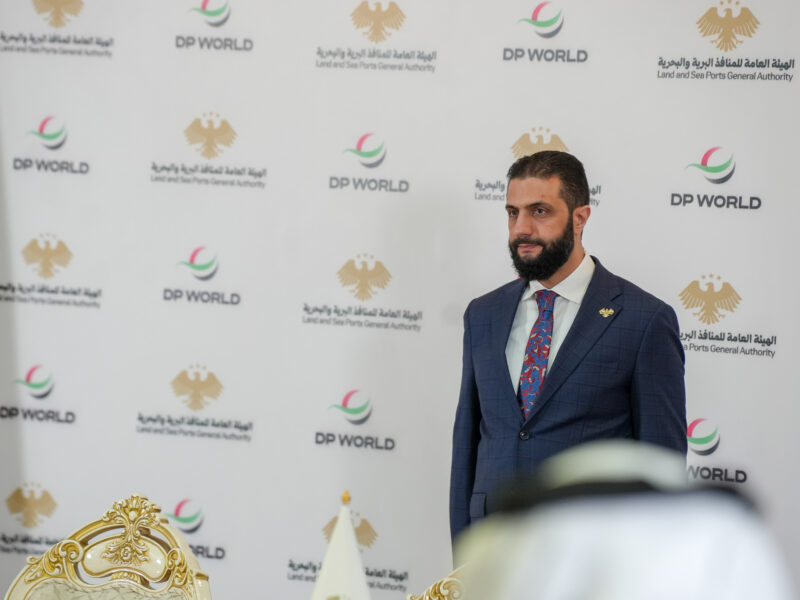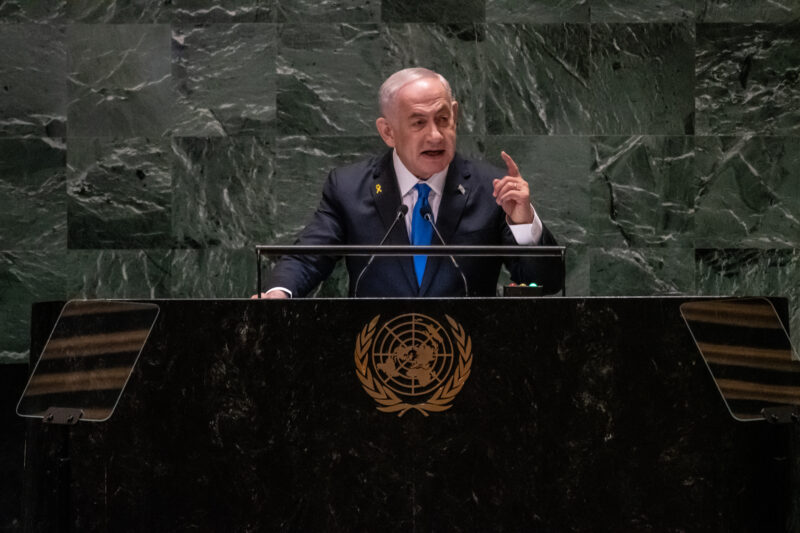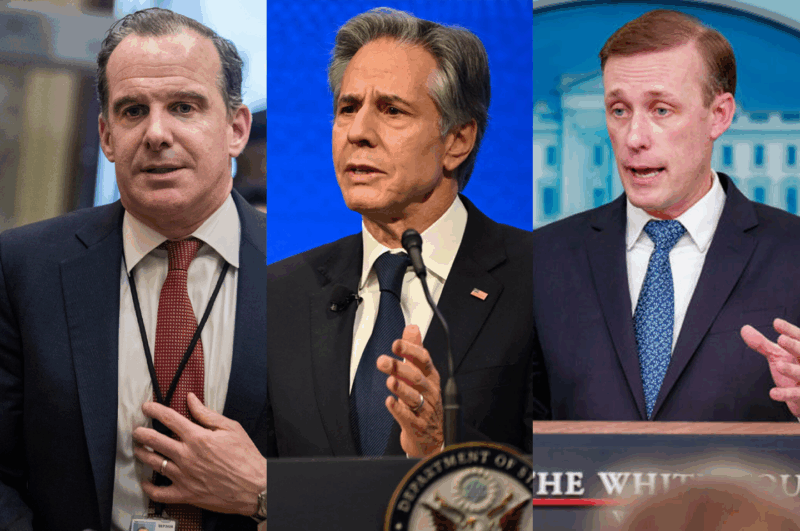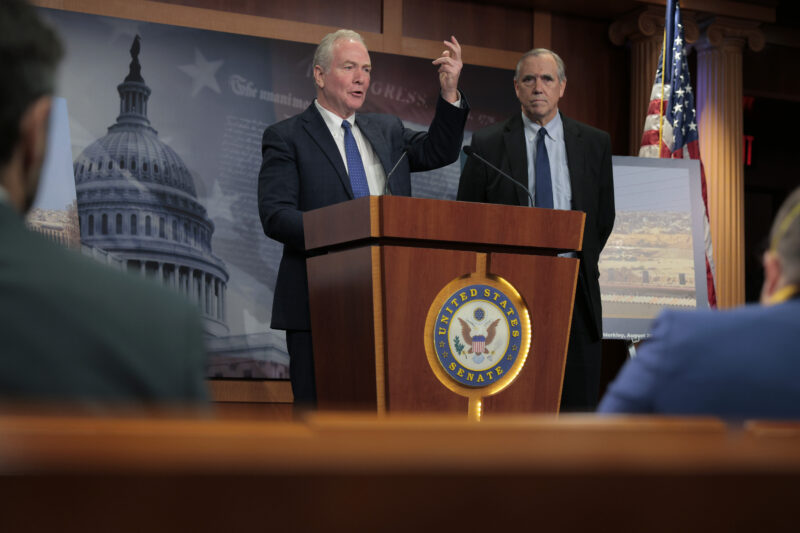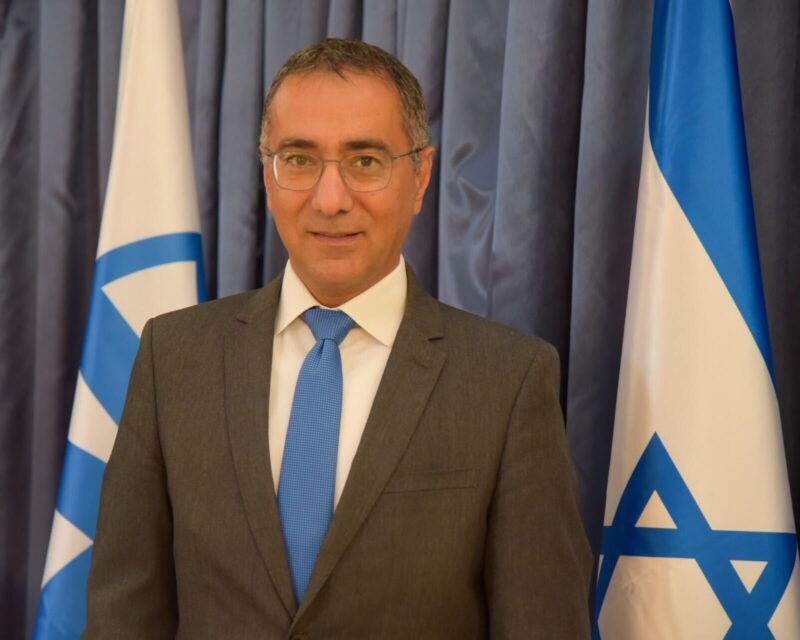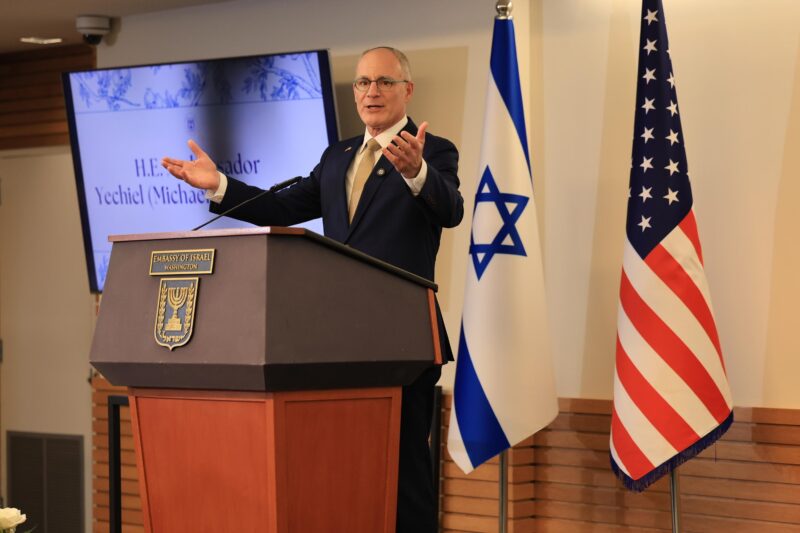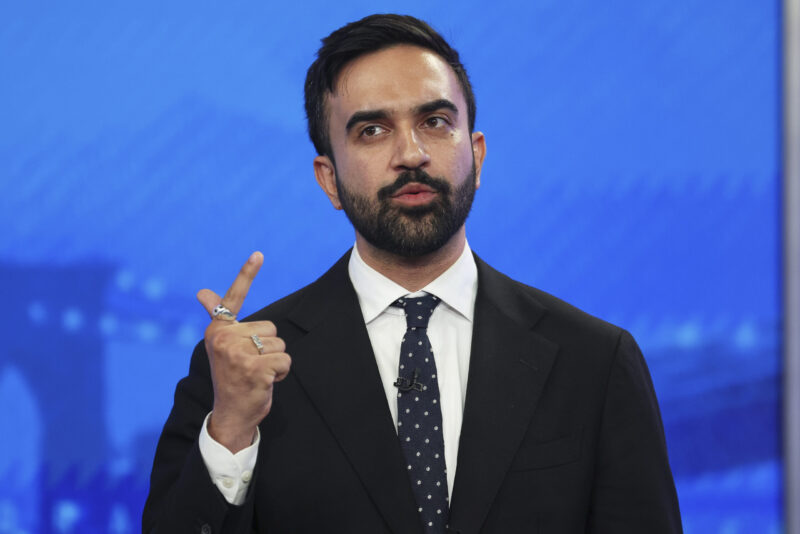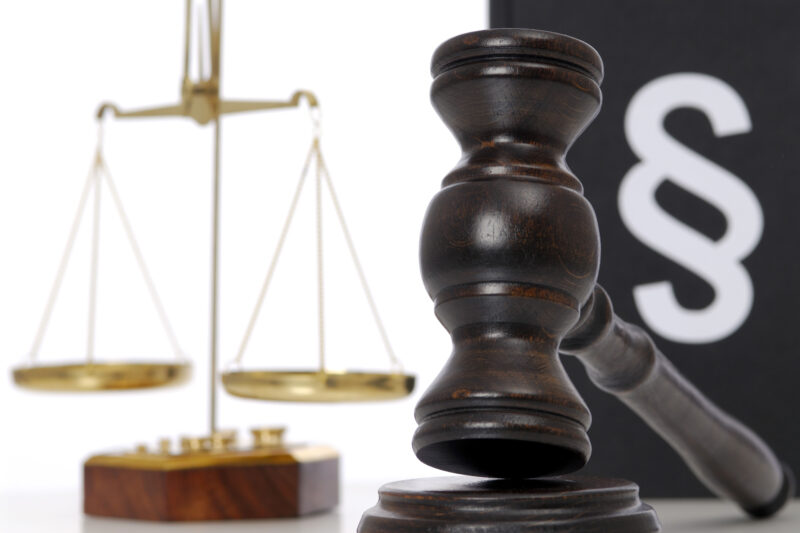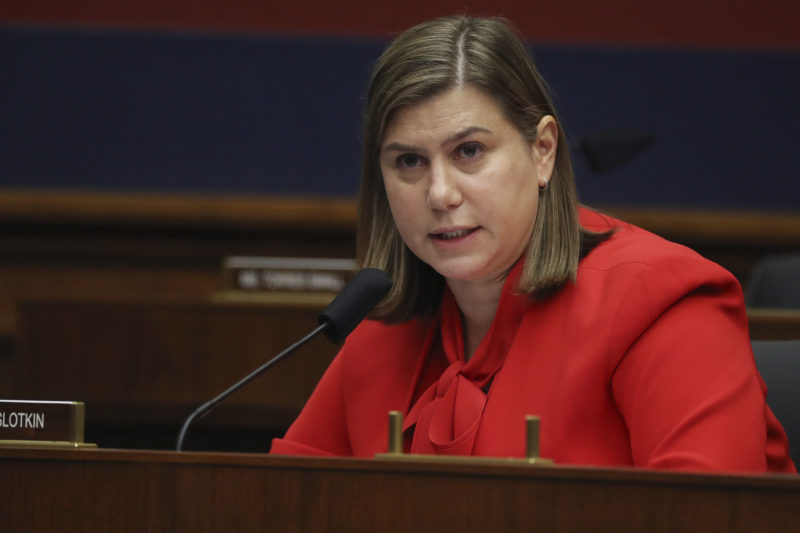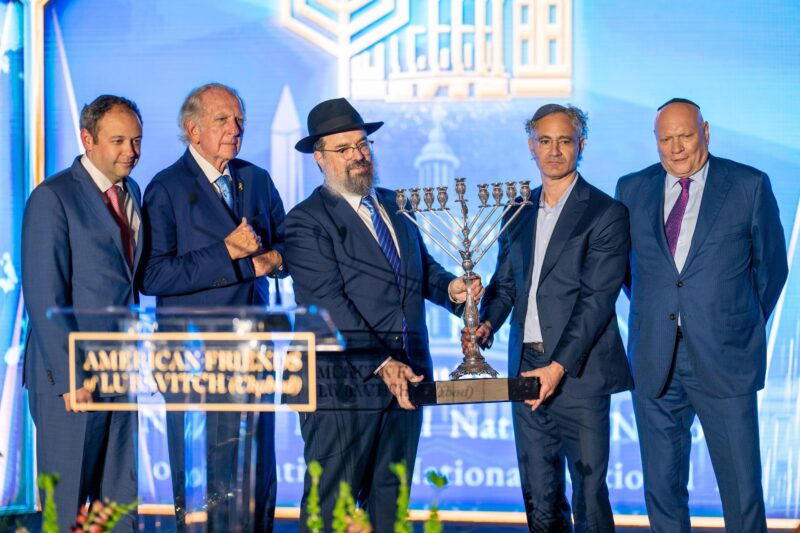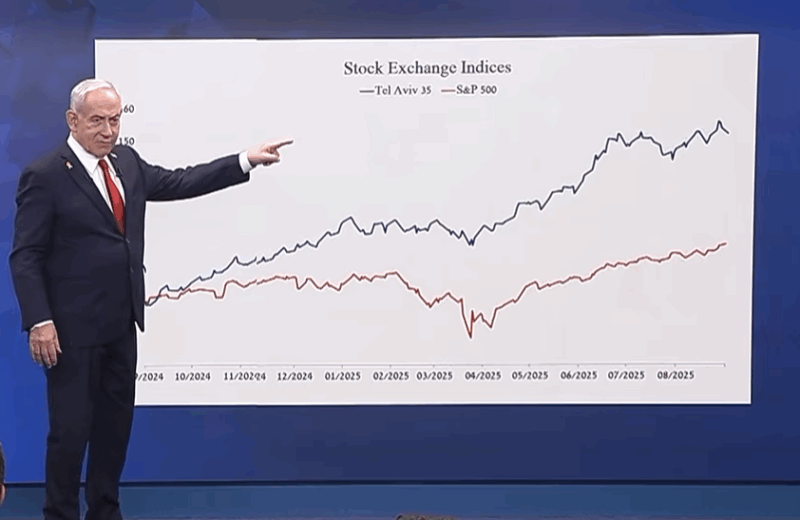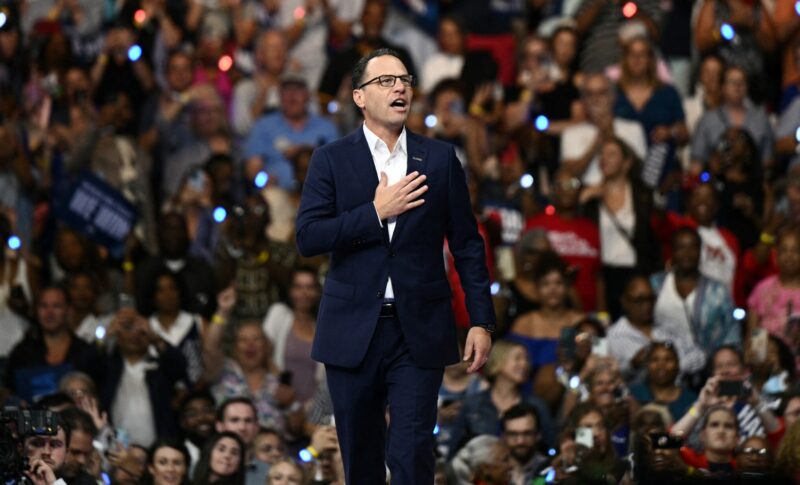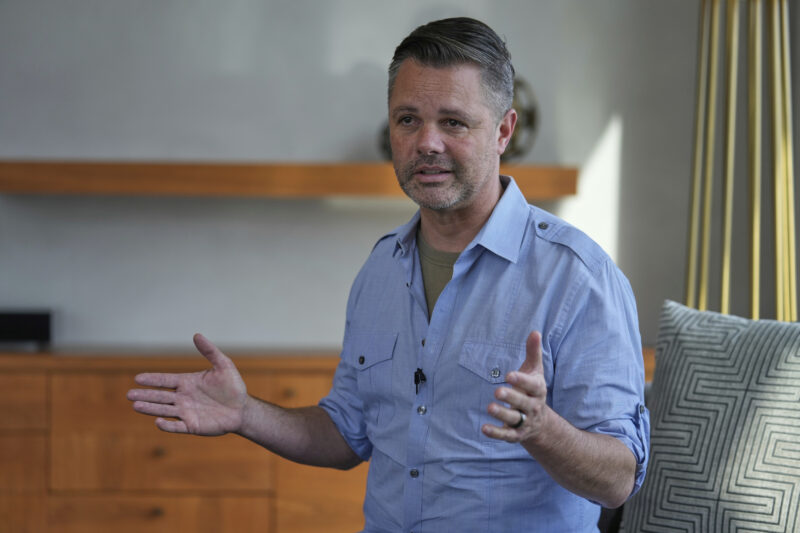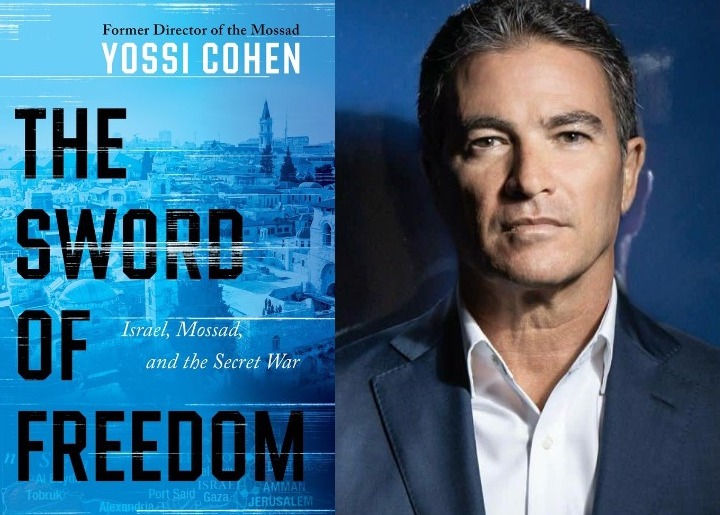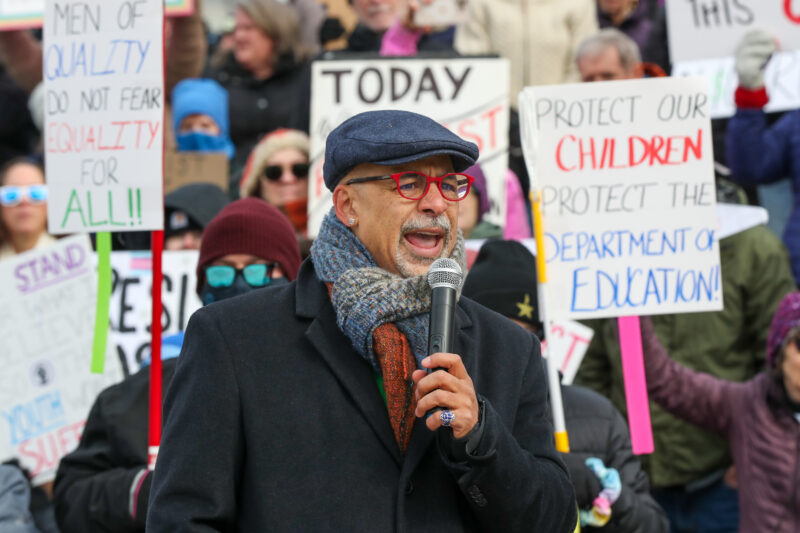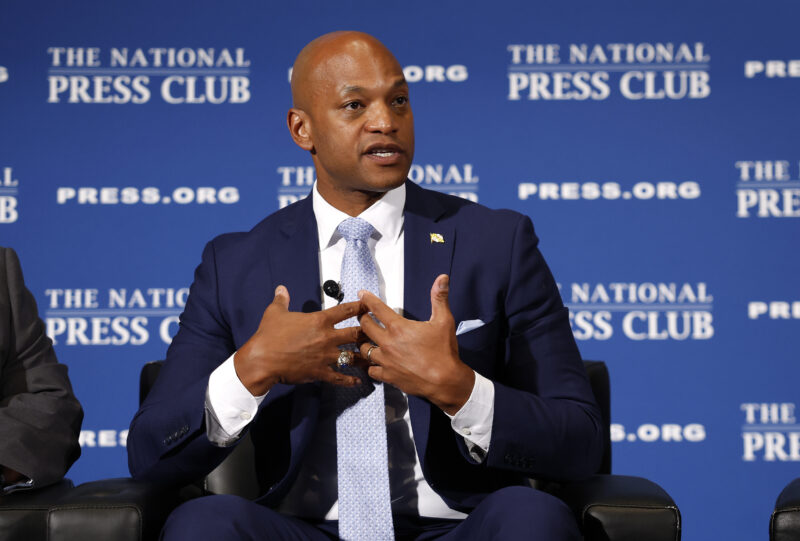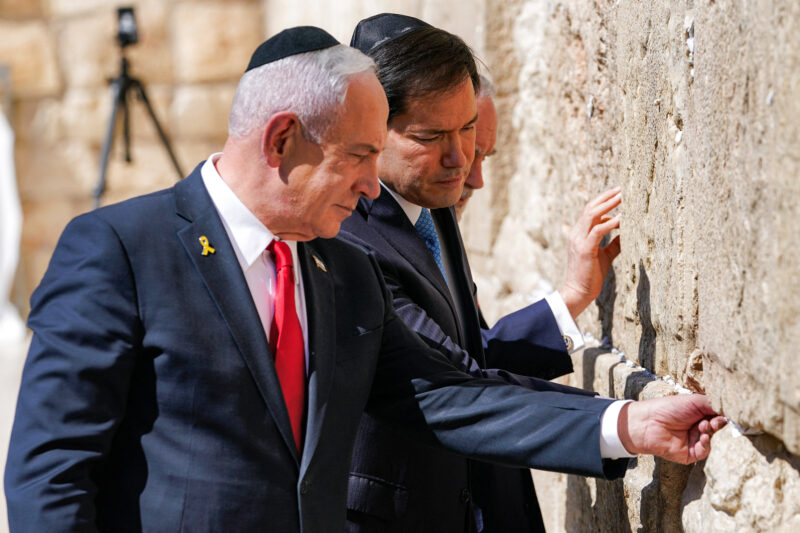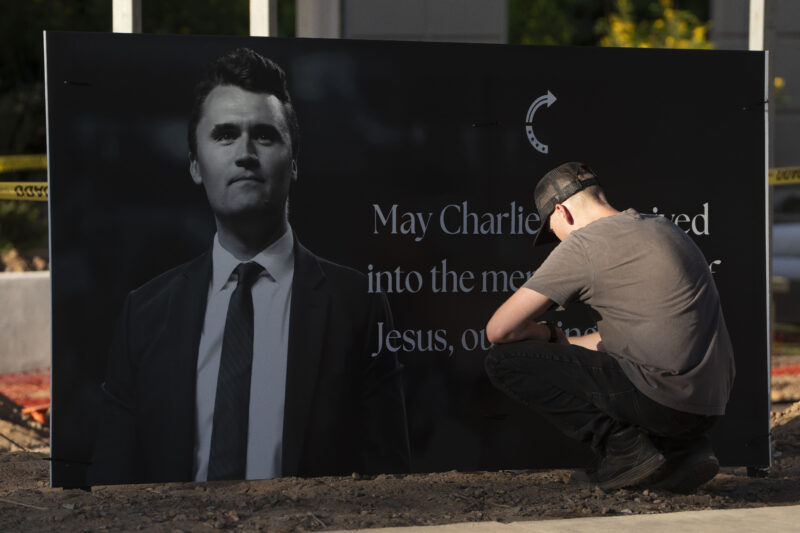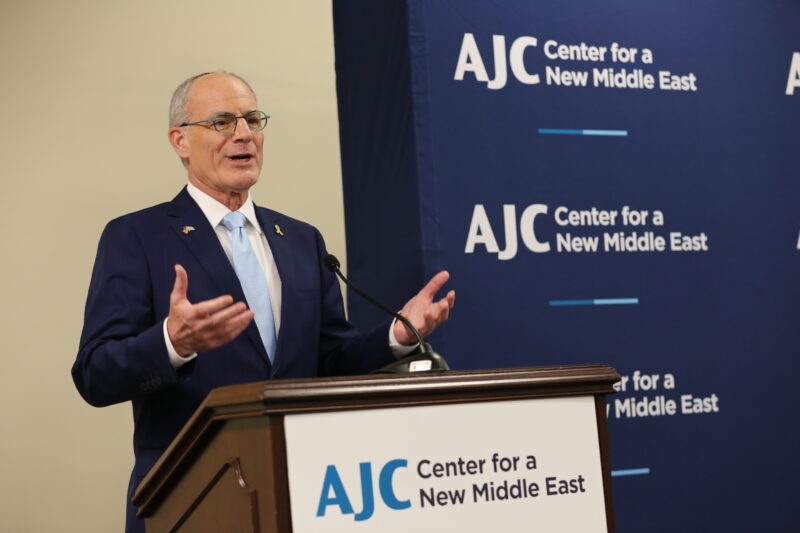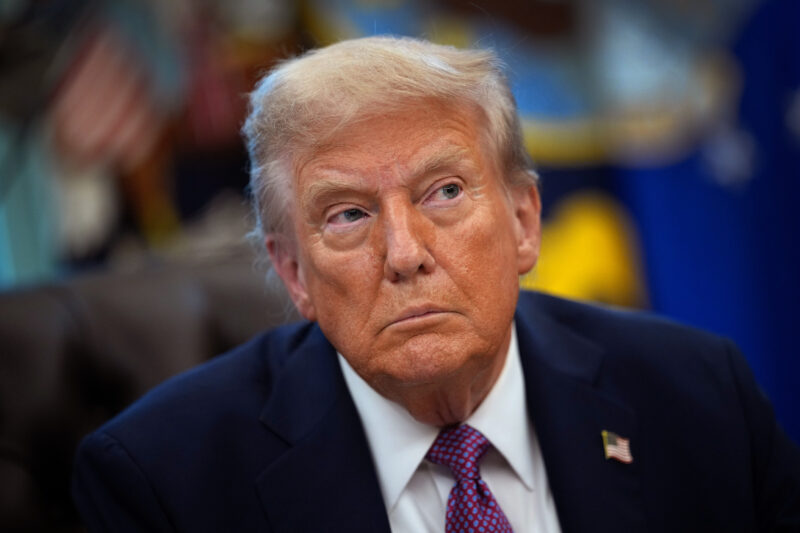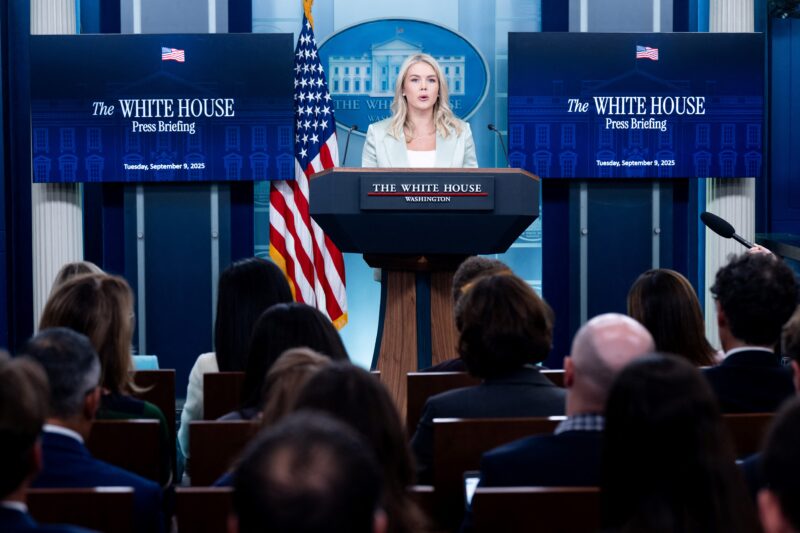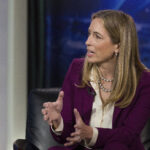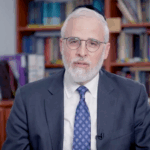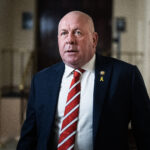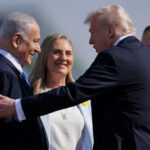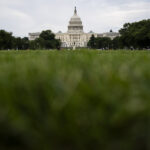Burnley’s surprising advancement to the general election is another sign of the growth of far-left politics within the Democratic Party
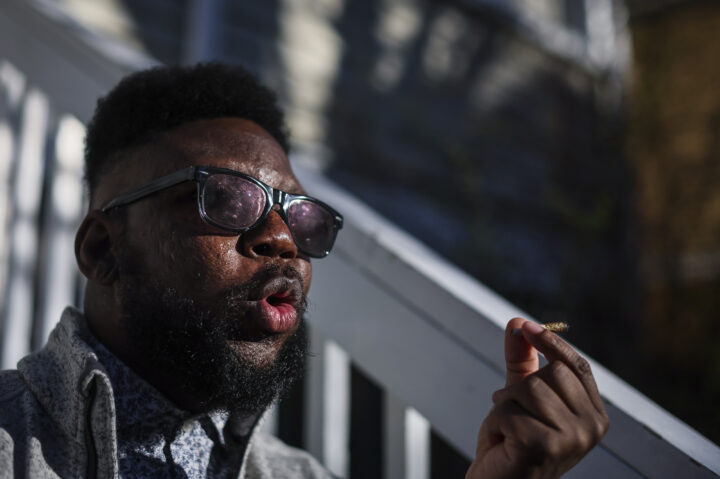
Erin Clark/The Boston Globe via Getty Images
Somerville At-Large City Councilor Willie Burnley Jr., smokes a joint on the front steps of his home.
Zohran Mamdani isn’t the only far-left, anti-Israel candidate running for mayor in a city with a notable Jewish constituency in November. As we’ve noted in these pages, socialist Katie Wilson is vying to unseat Mayor Bruce Harrell in the Seattle mayoral race. And far-left challenger Omar Fateh is running competitively against Mayor Jacob Frey in a closely watched Minneapolis mayoral contest.
But one lower-profile race featuring a Democratic Socialists of America activist with involvement in anti-Israel groups has flown under the radar. In the progressive city of Somerville, Mass. — just outside Boston and bordering Cambridge — City Councilor Willie Burnley Jr. advanced to a runoff against another city council member, Jake Wilson.
In the city’s first round of balloting, which ousted the city’s sitting mayor, Katjana Ballantyne, Wilson finished first with 42% of the citywide vote, but Burnley wasn’t far behind with 34%. Ballantyne, facing a backlash to the city’s rising housing costs, lagged in third place with just 23% of the vote.
If Burnley prevails, he would be the city’s first Black, openly queer and polyamorous mayor, according to Axios.
But Burnley’s unconventional self-identification pales in comparison to his radical record. He’s been endorsed by the Democratic Socialists of America, and has been active in the organization for at least the last several years. He has participated in anti-Israel protests, including one where he is standing in front of a protester holding a sign with a Nazi swastika flag next to an Israeli flag. At a Tufts University anti-Israel protest last year, he posed in front of posters reading “Glory to the martyrs.”
He has touted his endorsement from the anti-Israel group “Somerville for Palestine” and walked out on a Jewish constituent objecting to the city council’s consideration of a measure that would require Somerville to divest city funds business from companies that do business with Israel. In 2018, he was pictured being involved with the anti-Israel group IfNotNow.
Unsurprisingly, Burnley holds extremist views on other major issues of consequence, most notably supporting efforts to defund the police and describing the founders of the United States as “genocidal, racist, rapists who stole this country because they wrote some nice words.”
Burnley’s surprising advancement to the general election is another sign of the growth of far-left politics within the Democratic Party — particularly in urban centers. While the first round of results suggests that the more-experienced Wilson starts as the favorite, the fact that someone with Burnley’s extreme politics is in the running and could win one-third of the vote is alarming.
The Michigan Democrat said that ‘a lot of young people’ who don’t know better are coming to college campuses and hearing and repeating antisemitic narratives

Chip Somodevilla/Sipa USA via AP
Rep. Elissa Slotkin (D-MI) questions witnesses during a hearing in the Rayburn House Office Building on Capitol Hill on September 17, 2020 in Washington, DC.
Sen. Elissa Slotkin (D-MI), speaking to a gathering of Jewish activists on Capitol Hill, highlighted concerns about rising left-wing antisemitism and the ways that antisemitic narratives are being spread to and by college students.
“We’re used to the right-wing side. What is new and what I think has so many in the Jewish community on our heels is that new left-wing antisemitism and how to approach it,” Slotkin said at a pre-High Holidays security briefing organized by several Jewish communal organizations. “How do we counteract it? How do we protect against it? How do we educate?”
“And certainly, we’re watching, on many college campuses, a lot of young people who actually maybe didn’t grow up with the Jewish community at all, get to campus and maybe repeat what they’re hearing, sometimes not even understanding or knowing,” she continued. “I would just say that one of our responsibilities as Jewish leaders and Jewish activists is to try and really parse through how to deal with antisemitism on the left, since antisemitism on the right isn’t good, but it’s more of a well-known threat.”
The freshman Michigan senator, who is working to establish herself as a leader in the chamber on national security issues, recently backed efforts to stop at least some offensive weapons shipments to Israel and emphasized that she hadn’t accepted endorsements from “Jewish group[s],” naming AIPAC and J Street.
Slotkin said at the Wednesday event that she “[doesn’t] think there’s been a more complicated and dicey time to be Jews in America, period, maybe since World War II.”
Speaking in support of the Nonprofit Security Grant Program, Slotkin said that one of the “most powerful moments that I had” during her time as a member of Congress was when a mosque in her district faced threats, and she worked with the local Jewish federation and her synagogue to help the mosque apply for an NSGP grant.
An emotional Sen. Amy Klobuchar (D-MN) referenced the killing of her friend, Minnesota House Speaker Melissa Hortman and her husband Mark, and the mass shooting at the Annunciation Church in Minneapolis as she discussed the rise of violent extremism across the country, including various incidents targeting the Jewish community.
“We have been through this each and every time, but the babies keep dying,” Klobuchar said.
Klobuchar said that in conversations with administration officials immediately after the Annunciation shooting, her top priority was pushing for increased NSGP funding, in addition to gun control measures and action to address extremism and incitement on social media platforms.
She highlighted that the Annunciation Church shooter had left a manifesto spreading hate against a range of targets including Jews, Muslims, Black people and Hispanic people, and emphasized that he and other mass shooters have been “performing for the internet.”
While she noted that data shows that political violence has been coming more from the right than the left, “I don’t want to go tit-for-tat. I care about what we’re doing now and going forward, and words matter right now for bringing America together,” Klobuchar said.
Speaking about threats to the Jewish community specifically, Klobuchar noted the rise in antisemitic hate crimes nationally, saying that “something is seriously wrong in our country.” She said that 25 Jewish facilities had received bomb threats in Minnesota in the past year.
“This has completely shattered people, kids are scared,” Klobuchar said.
Sen. Maggie Hassan (D-NH) said, referring to a string of recent antisemitic attacks, “I don’t care what fringe it comes from. This kind of extremism, hate and violence is unacceptable and needs to be condemned. … Foreign policy debates are complicated. Condemning antisemitism is not.”
She added that, as the generation that survived and witnessed the Holocaust shrinks, “we have to decide as a country if we will let their lessons pass.”
Hassan continued, “We can’t afford inaction. We can’t afford indifference, nor should we feel the need to offer qualification or apology, to simply say that the world’s oldest hate should be denounced as loudly as any other.”
Rep. Don Bacon (R-NE) also delivered remarks at the event, as did Rev. Russ McDougall, a member of the U.S. Conference of Catholic Bishops, who was invited in part to discuss the Annunciation Church attack. Sens. James Lankford (R-OK) and Jacky Rosen (D-NV) delivered video remarks.
The session also featured a panel with Jewish Federations of North America CEO Eric Fingerhut, Conference of Presidents of Major American Jewish Organizations CEO William Daroff, Secure Communities Network CEO Michael Masters, Orthodox Union Executive Vice President Moshe Hauer and Anti-Defamation League director of government relations Carmiel Arbit.
Fingerhut told Jewish Insider there is “a domestic terror crisis” in the country “and we need comprehensive, strong action.”
“[Members of Congress] didn’t create the COVID problem either, but they responded with a crisis-level response, and that’s the level of response we need,” Fingerhut said.
He emphasized the need not only for increased NSGP funding but stronger funding for local law enforcement, the FBI and the Department of Homeland Security to fight domestic terrorism. He said that resourcing and funding at those agencies for the counterterrorism mission isn’t sufficient.
“We’re in an era now of a trillion-dollar defense budget that is aimed at fighting terror and protecting America all over the world,” Fingerhut said. “We have a domestic terror crisis here, and it needs the level of attention and coordinated leadership by the federal government that we get in national defense.”
House Oversight Committee Chairman James Comer and Rep. Anna Paulina Luna are raising red flags about billionaire Neville Roy Singham’s funding of left-wing groups
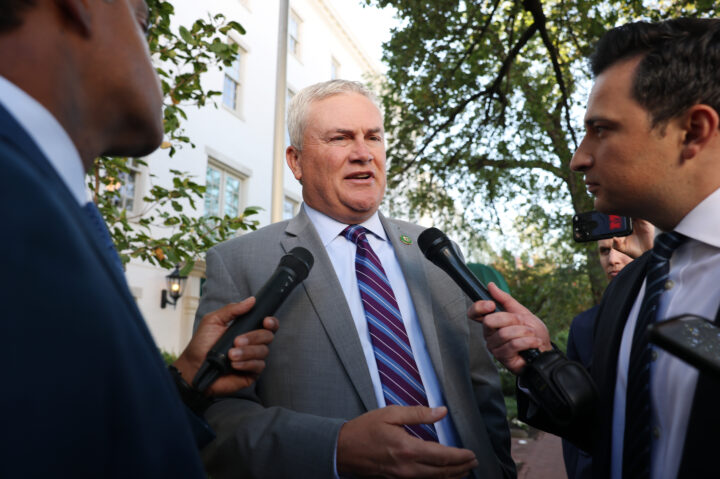
Anna Moneymaker/Getty Images
Rep. James Comer (R-KY) speaks to reporters after leaving the House Republicans weekly caucus meetings on Capitol Hill on September 09, 2025 in Washington, DC.
The House Oversight Committee asked the Trump administration on Monday to investigate if far-left billionaire Neville Roy Singham’s bankrolling of “extremist organizations fueling division and civil unrest across the United States” would qualify him for federal sanctions or make him eligible for criminal or legal penalties.
Committee Chairman James Comer (R-KY) and Rep. Anna Paulina Luna (R-FL), who chairs the Declassification of Federal Secrets Task Force, sent a letter to Treasury Secretary Scott Bessent, requesting the Treasury look into “certain far-left entities, organized and funded by” Singham, as well as his failure “to register as a foreign agent under FARA.”
The lawmakers describe Singham as “a U.S. citizen with ties to the CCP” who has reportedly “been funding and supporting various extremist entities in the United States with the aim of causing destruction and division in our country.”
Singham is a financier who has been accused of funding groups to advance Chinese talking points as well as a network of anti-Israel protest groups responsible for unrest on college campuses, according to the Network Contagion Research Institute.
“Neville Singham has spent millions funding militant organizations that have orchestrated violent riots and launched targeted hate campaigns against Americans with different beliefs,” Luna wrote on X.
The lawmakers noted in the letter that they are investigating efforts by the Chinese Communist Party “to sow discord in the United States,” writing: “It is imperative that we expeditiously halt the continued flow of funds and material support for malign activities conducted at the behest of the CCP.”
The letter cites reporting from the New York Times, the Free Press and a letter sent to former Attorney General Merrick Garland last year by Secretary of State Marco Rubio, while still serving as senator from Florida, and Sen. Lindsey Graham (R-SC) “raising concerns about Mr. Singham’s activities on behalf of the CCP.”
“It does not appear that the Biden Administration addressed this potential source of civil unrest,” the lawmakers wrote, citing reporting from data scientist Jennica Pounds alleging that Singham’s activities had recently “expanded to include the foment of unrest and civil disobedience in Los Angeles — prompting President Donald Trump to call in the National Guard to counter attacks on federal law enforcement officials.”
They added that, “It has been reported that Mr. Singham is ‘the main backer behind’ the Party for Socialism and Liberation, which has organized nationwide protests, including riots in Los Angeles.”
Singham, who resides in China, “created an elaborate dark money network which allows him to send funds to a series of non-profits,” the letter stated, later adding: “Mr. Singham has expanded his network to include not only far-left, pro-CCP entities, but also radical, antisemitic entities. One such organization is Shut It Down for Palestine (SID4P), an entity established in October 2023.”
Speaking at a Senate Judiciary Committee hearing, Patel said he would ‘follow the money’ to find the backers of protests, including those on college campuses
Kayla Bartkowski/Getty Images
Director of the Federal Bureau of Investigation (FBI) Kash Patel
FBI Director Kash Patel said on Tuesday that federal investigators were looking into the funding sources for left-wing groups behind organized protest movements that have resulted in rioting on city streets and civil rights violations on college campuses.
Patel made the comments while appearing before the Senate Judiciary Committee for a marathon oversight hearing, where he faced dozens of questions from Democrats and Republicans about the assassination of conservative influencer Charlie Kirk last week.
Sen. Ted Cruz (R-TX) urged Patel to investigate the financing of far-left groups that the Texas senator said may have influenced the suspected shooter and supported protests in recent years that saw instances of rioting or other illegal activity.
“As I’ve always said, Senator, money doesn’t lie. We’ve been following the money, and that’s what we’re doing, issuing a lawful process to organizations involved with criminal activity because the money has got to come from somewhere,” Patel told Cruz.
Cruz stressed his belief that the bankrolling of these political efforts has led to the riots in major cities and the surge of campus antisemitism in recent years, and the importance of identifying the individuals and organizations responsible.
“I want to encourage you in the course of this investigation, absolutely go after anyone who aided and abetted, but I want to more broadly encourage you: follow the money. The violence we are seeing is not purely organic. There is, I believe, significant money that is spreading dissension, that is spreading violence,” Cruz said.
“Both the Antifa and Black Lives Matter riots of a couple of years ago, and the pro-open borders riots in Los Angeles and other cities of this past year, I believe there was significant money behind those riots. I’m not the only person who noticed at the antisemitic protests and violent protests on college campuses last year, that many of the tents all matched,” he added.
Cruz, who introduced legislation in July to add rioting to the list of predicate offenses under the Racketeer Influenced and Corrupt Organizations (RICO) Act — which targets organized crime — added that he believes the money “should be tracked and prosecuted under RICO.”
Following a series of questions about the suspect’s motive in killing Kirk and reports that others had prior knowledge of the suspect’s plans, Cruz urged Patel to probe the funding sources of Antifa specifically in connection with the shooting, and called on the Trump administration to designate the far-left political movement as a terrorist organization.
“I would encourage the administration to designate Antifa as a terrorist organization and go systematically after Antifa. They’ve committed acts of violence all over the country, and the shell casings [found with the weapon used to kill Kirk] have multiple references to slogans that Antifa has popularized. I believe there is considerable money funding it,” Cruz said.
The Texas senator noted in the context of some online celebration of Kirk’s killing that while free speech remains protected under the First Amendment, violent activity does not.
“Nazis and Klansmen can march in the streets and even though their speeches are bigoted and horrible and racist, the First Amendment protects it. Conduct, however, is not protected by the First Amendment, particularly conduct that is violent,” Cruz said. “Violent conduct — that is threatening to others, that is harassing others, that is injuring or in this case murdering others — is most assuredly not protected by the First Amendment, and so I would encourage you and the FBI to focus on conduct. Now, speech can direct, speech can guide you to those who engaged in conduct.”
Earlier in the hearing, Sen. Lindsey Graham (R-SC) and Patel discussed their shared view that social media is “one of the instruments radicalizing America and inciting violence” and their support for repealing Section 230 of the Communications Decency Act, the legal provision that shields social media platforms from legal liability for the content their users post.
“After the assassination of Charlie Kirk, there seems to be one refrain from everybody, and that’s about the effect of social media,” Graham said. “These companies are taking content that makes you sick, that could get you killed, get you poisoned, and there’s nothing we can do about it under our law … because of Section 230. If your child is being sexually groomed online or bullied online, and you go to the social media company and ask them to take it down [and if] they refuse, you have like zero rights.”
“My belief is based on the data, and the data shows that social media is wildly out of control when it comes to radicalizing,” Patel said.
Graham went on to press Patel about how he would characterize “the state of threats to our homeland by foreign terrorist groups,” which the latter replied to by pointing out that such organizations were working to adapt technologically.
“Foreign terrorist organizations have adapted and started utilizing online platforms and so has the FBI. While they are adapting [and] expanding how they harm our country, we have as well. They have not stopped. There’s been a resurgence [of terrorist threats] in places like West Africa and elsewhere of foreign terrorist organizations and also the newly emboldened drug trafficking organizations in Mexico,” Patel said, adding that addressing this surge was “going to take a whole-of-government approach.”
Patel responded affirmatively when asked if his previous comment could apply to Hezbollah, and concurred with Graham’s assessment that “Hezbollah is involved in not only terrorism but narcoterrorism.”
At another point in the hearing, Senate Judiciary Committee Chairman Chuck Grassley (R-IA) asked Patel if Jeffrey Epstein was “an intelligence asset for the U.S. government or a foreign government.” Online conspiracy theories have alleged, without evidence, that Epstein worked for the Mossad.
“I can only speak to the FBI, as the director of the FBI, and Mr. Epstein was not a source for the FBI,” Patel replied, later vowing to provide Congress with “all records I am legally permitted to do so under the court orders.”
Progressive groups are hoping New York City comptroller Brad Lander enters the race

Anna Moneymaker/Getty Images
Rep. Dan Goldman (D-NY) returns to a hearing with the House Committee on Homeland Security on Capitol Hill on January 30, 2024 in Washington, DC.
A new poll commissioned by a left-wing advocacy group is raising hopes among progressive activists eager to enlist a challenger to take on Rep. Dan Goldman (D-NY), a pro-Israel Democrat whose House district leans heavily to the left, in next year’s June primary election.
The poll, released this week by Demand Progress Action, shows Brad Lander, the New York City comptroller, leading by 19 points in a hypothetical head-to-head matchup with Goldman, who wins just 33% of the vote. Lander, who served as a longtime city councilman in the district, claims 52% among likely Democratic primary voters, while also boasting a higher favorability rating, according to the poll.
While the survey was meant to coax Lander into entering the primary, it remains unclear if he has the appetite to compete in what would likely be a bitter race for the seat covering Lower Manhattan and a swath of Brooklyn, including such progressive enclaves as Park Slope.
Lander, a well-known progressive who has not explicitly ruled out a congressional bid after losing in the New York City mayoral primary, is more widely expected to accept a senior role in a potential administration of Zohran Mamdani, the far-left Democratic nominee for mayor whose upset in June lent renewed energy to progressive activists who have eyed challenges to several mainstream House Democrats in New York City.
Still, Lander had been looking at Goldman’s seat since before the primary concluded, according to a political consultant familiar with the situation, who suggested the city comptroller could be “serious” about a campaign.
Lander’s team, several members of which have joined Mamdani’s campaign, has also reportedly clashed with the nominee’s aides, fueling speculation about his prospects for securing a position in a potential future administration. A person familiar with some of the internal tensions said broadly that they stem in part from a lingering Brooklyn political dispute involving Lander and grudgingly recalled by some close aides to Mamdani.
“I think that Lander can beat Goldman, but I thought that even before the poll came out,” said a political consultant who worked to elect Goldman during his first primary in 2022, when the former Trump impeachment prosecutor beat a crowded field of progressives to clinch the nomination with a plurality of the vote.
A spokesperson for Lander did not respond to a request for comment from Jewish Insider on his plans for a challenge. His team has otherwise said that “there is no drama between Brad and Zohran or their ‘camps.’”
If Lander chooses to run for the seat held by Goldman, a two-term Jewish Democrat whose strong support for Israel and refusal to endorse Mamdani have sparked backlash among left-wing voters, he would be a formidable candidate, experts say, citing his widespread popularity in a district he has long called home.
“I think that Lander can beat Goldman, but I thought that even before the poll came out,” said a political consultant who worked to elect Goldman during his first primary in 2022, when the former Trump impeachment prosecutor beat a crowded field of progressives to clinch the nomination with a plurality of the vote.
The potential matchup would also set up a unique primary between two Jewish Democrats who both identify as Zionists but have differing approaches to what that label means, particularly in the aftermath of Hamas Oct. 7, 2023, attacks and the ensuing war in Gaza.
Goldman, for his part, has continued to back U.S. military aid to Israel, even as he recently said the “crisis in Gaza shocks the conscience” and Israeli Prime Minister Benjamin Netanyahu’s “personal and political interests are guiding Israel’s actions, rather than what is best for” the Jewish state.
The 49-year-old lawmaker has also withheld an endorsement of Mamdani until he takes “concrete steps” to address concerns raised by Jewish voters over his anti-Israel rhetoric, including his refusal to explicitly condemn calls to “globalize the intifada,” a phrase many Jews view as antisemitic. Mamdani has said he does not use the slogan and that he will discourage its usage.
Goldman’s largely left-leaning House seat “is probably one of the biggest changes in terms of pro-Israel to not pro-Israel districts in the city,” said Chris Coffey, a veteran Democratic strategist who lives in the district and helped advise former Gov. Andrew Cuomo’s mayoral bid during the primary.
Lander, who has long identified as a progressive Zionist, is a vocal critic of Israel’s war in Gaza and has called for pulling aid to Israel. The 56-year-old comptroller has faced criticism from the organized Jewish community for divesting from Israel bonds while in office, though he has said the decision was not political. Lander was a key Jewish validator for Mamdani in the primary, cross-endorsing with the 33-year-old democratic socialist and assemblyman from Queens. Mamdani won Goldman’s district in June.
Speaking at a Jews for Racial and Economic Justice event earlier this week, Lander said he had not done enough “to speak out against Israel’s war crimes, against ethnic cleansing, against forced starvation of Palestinians.”
Chris Coffey, a veteran Democratic strategist who lives in the district and helped advise former Gov. Andrew Cuomo’s mayoral bid during the primary, said that Goldman is not likely to find himself in a vulnerable position unless Lander chooses to run, an outcome he does not anticipate with Mamdani well poised to win the general election.
Still, Goldman is now in a “precarious place,” Coffey told JI, “where he’s a pro-Israel Democrat in a time when it’s been harder to be a pro-Israel Democrat.”
Goldman’s largely left-leaning House seat “is probably one of the biggest changes in terms of pro-Israel to not pro-Israel districts in the city,” he added, noting the shift had occurred in recent years amid growing Democratic divisions over Israel and Gaza.
Some observers recently speculated that Goldman could switch districts and run for retiring Rep. Jerry Nadler’s (D-NY) seat further north in Manhattan, where he would likely face a more friendly electorate. But his team has dismissed that idea as unfounded and said Goldman had no plans to run for another seat.
“Dan Goldman isn’t a moderate, he’s definitely left of center,” said the political consultant close to Goldman, who is now working on a super PAC to oppose Mamdani. “Brad may win because of his name ID and reputation but any other opponent would likely lose.”
The poll released on Wednesday underscored that view, showing that Goldman would win with 41% of the vote against an unnamed Democratic candidate. His lead evaporated after the poll had, among other things, linked him to the pro-Israel lobbying group AIPAC, which had quietly funded a local super PAC three years ago to help boost his first primary bid.
AIPAC, whose political arm endorsed Goldman in February, did not return a request for comment on a potential primary.
“Dan is laser-focused on rooting out government corruption, defending our democracy from Donald Trump and leveling the playing field for all New Yorkers.” Simone Kanter, a senior advisor to Goldman, told JI. “Anyone who would like to throw their hat in the ring is more than welcome to.”
David Greenfield, a former city councilman who leads the Jewish anti-poverty group Met Council, said the results of the poll were unsurprising, even as he dismissed the survey for posing a “misleading” question. “Everyone knows Brad is not running for Congress,” he told JI, “because he’s slated to join a Zohran Mamdani administration.”
It was unclear if the poll had surveyed respondents about other potential candidates. Demand Progress Action did not return requests for comment, nor did Data for Progress, a progressive firm that conducted the poll.
Simone Kanter, a senior advisor to Goldman, told JI the congressman’s team is “not paying any attention to agenda-driven push polls.”
“Dan is laser-focused on rooting out government corruption, defending our democracy from Donald Trump and leveling the playing field for all New Yorkers.” Kanter said on Thursday. “Anyone who would like to throw their hat in the ring is more than welcome to.”
While a competitive primary would likely attract spending from outside groups, Goldman, an heir to the Levi Strauss fortune whose estimated net worth is up to $250 million, could also self-fund his bid as he did in 2022 — when he prevailed with 26% of the vote in a crowded field of well-known politicians.
Yuh-Line Niou, a former state assemblywoman who came in second in 2022 with 24%, has said privately she plans to run again and has been making calls to feel out support, according to a person familiar with the matter.
Niou, an outspoken progressive who faced backlash in the last race for backing the Boycott, Divestment and Sanctions movement against Israel, declined to comment on the record when reached this week by JI.
Goldman is also likely to face a repeat challenger from his 2024 primary, Evan Hutchison, who won 24% of the vote last cycle and has recently sent out fundraising texts saying that the incumbent “won’t condemn Israel’s genocide in Gaza.” But strategists said they do not see his campaign as a serious threat to Goldman, who claimed 66% in his last primary.
Even as the president has prioritized tackling antisemitism in his second term, leading conservatives are quietly pushing for more engagement against far-right hate
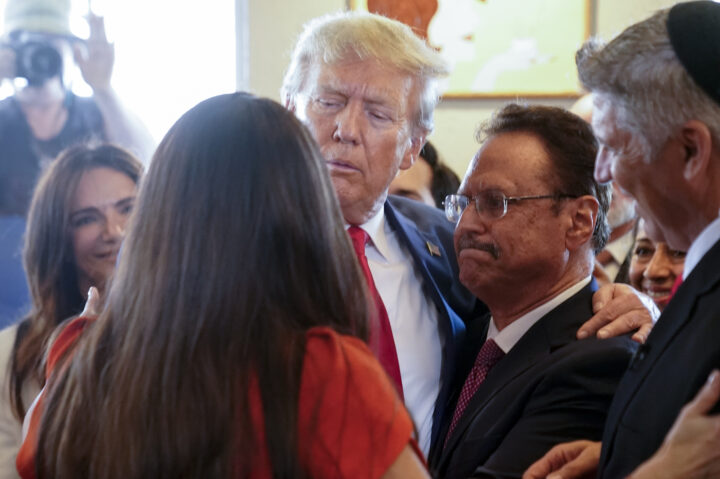
AP Photo/Alex Brandon
President Donald Trump talks with supporters while standing with pastor Mario Bramnick, second from right, at Versailles restaurant on Tuesday, June 13, 2023, in Miami.
President Donald Trump came into office with a promise to make tackling antisemitism a priority of his second term. So far, the focus of that effort has been almost exclusively on addressing left-wing and Islamist antisemitism, primarily tied to anti-Israel extremism — while leaving out antisemitism emerging from the political right.
Now, a group of staunch Trump allies from within the evangelical Christian community is urging Republicans to also focus on countering what they describe as a growing threat of antisemitism from within their own camp. They see prominent MAGA-aligned figures such as podcast hosts Tucker Carlson and Candace Owens platforming overtly antisemitic views, and worry that those voices — with massive social media followings — could play a role in shaping the direction of the Republican Party.
Last month, an organization called the Conference of Christian Presidents for Israel hosted a meeting to discuss the topic at the Family Research Council, a powerful Christian advocacy group. Billed as a “private roundtable for key Christian leaders,” according to the event invitation, it identified right-wing antisemitism as a high-stakes challenge: “It is vital that Christian leaders counter the forces on the right who are demonizing the state of Israel, its leadership and the Jewish people,” stated the invitation, which was obtained by Jewish Insider.
“We’ve been very concerned about the progressive leftist [antisemitism],” Mario Bramnick, a pastor in South Florida who is the president of the Latino Coalition for Israel, told JI on Tuesday. He is also the founder of the Christian Conference, and he organized last month’s event with Luke Moon, the executive director of the Philos Project. “But some of the statements coming out on the right, to me, are possibly more brazen and more troubling and clearly, clearly, do not represent President Trump or his administration,” added Bramnick.
The meeting was attended by Rabbi Yehuda Kaploun, Trump’s nominee to serve as the special envoy to monitor and combat antisemitism, as well as Mark Walker, a former congressman from North Carolina who is Trump’s pick to serve as ambassador-at-large for international religious freedom. Yair Netanyahu, the eldest son of Israeli Prime Minister Benjamin Netanyahu, addressed the group virtually.
“Antisemitism is a bipartisan issue and needs to be condemned anytime, anyplace,” Kaploun told JI. “It is imperative that all parties educate their members about the dangers of antisemitism.”
The Christian group is concerned about a small but growing anti-Israel faction within the Republican Party. In a press release on Tuesday, Bramnick called out Carlson and Owens, as well as two figures who remain close to Trump: Steve Bannon and Rep. Marjorie Taylor Greene (R-GA). A Trump administration spokesperson did not respond to a request for comment on Tuesday.
“It’s almost like we have more of an onus to handle this, because it’s our own camp, our own family. Imagine something goes wrong with someone in your family, you feel more of an obligation,” Bramnick told JI. “Who better than us to be able to handle it?”
Bramnick met last week with Justice Department senior counsel Leo Terrell, the chair of the federal government’s antisemitism task force, to raise the issue of antisemitism on the right.
“They are clearly on this and following it, from my understanding, and wanting to work with us,” Bramnick said. A spokesperson for Terrell did not respond to a request for comment.
The Conference of Christian Presidents has ties to influential conservative groups in Washington. Hours after the meeting at the Family Research Council, the Conference co-hosted an event on the Trump administration’s policies in the Middle East with the Heritage Foundation. The event featured video remarks from U.S. Ambassador to Israel Mike Huckabee and a keynote speech by evangelical leader Rev. Johnnie Moore, executive chair of the Gaza Humanitarian Foundation.
Last year, the Heritage Foundation released a policy document focused on antisemitism, called Project Esther, which identified left-wing antisemitism as the main form of antisemitism in the U.S., without mentioning any issues on the right. An inquiry to the authors of the Project Esther report did not garner a response.
Christians United for Israel, the largest Christian pro-Israel group with more than 10 million members, is not part of the Conference of Christian Presidents for Israel. But Sandra Hagee Parker, chair of the CUFI Action Fund, told JI that the organization agrees with the need to combat antisemitism on the right.
“One cannot be a Christian and antisemitic. The two are mutually exclusive,” Parker said in a statement. “Just as liberals must condemn those who use human rights as cover for their Jew-hatred, conservatives must call out those who drape themselves in the flag or the banner of the cross while bastardizing the former and defiling the latter.”
Republican Jewish Coalition CEO Matt Brooks said antisemitism is “percolating out there at the extreme ends of the far right, well outside of the mainstream of the Republican Party.”
“I don’t know that it’s growing. It’s gotten a little louder,” he told JI. “Our challenge and our effort going forward is to ensure that it doesn’t take hold in the Republican Party as it did in the Democratic Party.”
Right now, this looks more like the party of Sanders, Mamdani and AOC
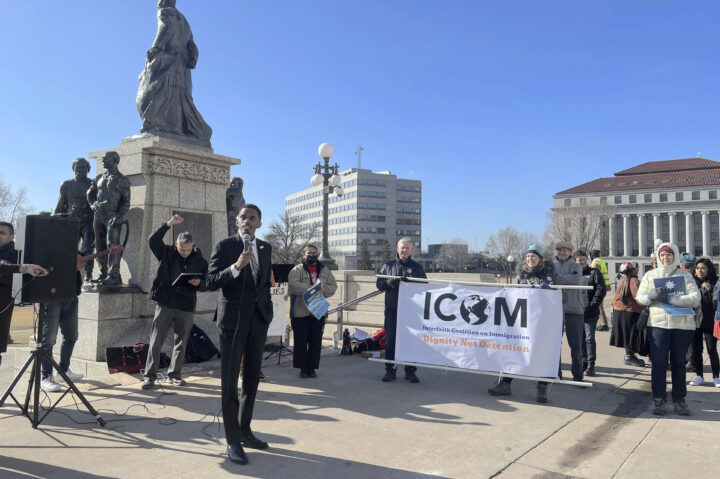
Trisha Ahmed/AP Photo
Minnesota Sen. Omar Fateh, of Minneapolis, speaks in front of the state capitol building in St. Paul, Minn., on Monday, Feb. 12, 2024.
Based on the latest wave of Democratic primary results, it’s looking more likely that the hard-left “resistance” faction of the Democratic Party, which was muted in the aftermath of the 2024 election, is reasserting itself in a consequential way — especially in the deep-blue cities that make up much of the party’s voting base.
Democratic socialist Zohran Mamdani’s come-from-behind victory in the New York City mayor’s primary was a major wake-up-call for party leadership. His success came after a surge of progressive discontent with the Democratic establishment, a sentiment fueled by the Trump administration’s aggressive (and at times, unlawful) deportation push, the imposition of tariffs and the general sense that party leaders in Washington weren’t doing everything they could to oppose President Donald Trump’s polarizing policies.
The reason the Democratic Party brand is polling at historic lows is because a sizable share of younger, progressive voters are expressing their discontent with their own party leadership — even as most still plan to vote Democratic in a general election. We’re seeing the growth of the left-wing faction within the party, in real time.
The fact that Mamdani’s radical views on the economy, crime and antisemitism did little to dissuade a critical mass of rank-and-file Democrats is a sign of the changing mood of the party.
That same dynamic that drove New York City Democrats was apparent in the first round of results in Seattle’s local primaries Tuesday night.
In the early returns from the city’s all-party primary, moderate incumbents — serving as mayor, city attorney and council president — were all trailing left-wing challengers. The moderate city officials were elected in 2021, largely as a backlash to the crime, homelessness and disorder in the city under progressive leaders.
In the most high-profile race, Mayor Bruce Harrell is trailing progressive activist Katie Wilson, 46-45%. “Wilson’s campaign generated new excitement when Zohran Mamdani, a Democratic Socialist, won the mayoral primary in New York City in June,” Seattle’s NPR affiliate reported.
In Washington, the primary results aren’t determinative; the top two vote-getters compete against each other in the general election. But they suggest moderates will be facing an uphill battle against left-wing insurgents.
The same dynamic is at play in Minneapolis, where conventionally liberal Mayor Jacob Frey decisively lost the Democratic Party endorsement to a democratic socialist state senator, Omar Fateh.
Frey still can win reelection in November, when all candidates appear on the general election ballot regardless of party, but the rebuke from the Democratic delegates is another sign that the party is facing a revolt from its left-wing activists.
Right now, this looks more like the party of Bernie Sanders, Mamdani and AOC. Those are the candidates that are energizing the grassroots and driving social media engagement— especially when it comes to the party’s urban voters.
These results send a strong signal that the Democratic Party vibes have shifted. In the first few months of Trump’s second term, party leaders were desperately trying to distance themselves from the ideological baggage of the left. More recently, they’re coming to terms with the possibility that the left is taking over the party.
During a private meeting between the NYC mayoral nominee and largely progressive House Democrats on Wednesday, Gottheimer did not raise concerns with Mamdani that he has vocalized elsewhere

Tom Williams/CQ Roll Call via AP Images
Rep. Josh Gottheimer (D-NJ) holds a news conference in the Capitol on Wednesday, December 4, 2019.
Rep. Josh Gottheimer (D-NJ), in a private meeting with House Democrats in Washington on Wednesday, avoided confronting Zohran Mamdani, the far-left Democratic nominee for mayor of New York City, over his controversial defense of calls to “globalize the intifada” and fierce opposition to Israel.
Gottheimer, a moderate Jewish Democrat who is among the most outspoken supporters of Israel in the House, has not been shy about publicly calling out members of his own party when disagreements over Israel and antisemitism have arisen in recent years.
But during the breakfast meeting this week, Gottheimer did not bring up his objections to the 33-year-old democratic socialist, according to a House aide familiar with the matter, even as his views on Israel have raised alarms among Jewish voters and faced pushback from Democratic leaders who have so far withheld endorsements in the New York City mayoral race.
In a statement, Gottheimer reiterated his concerns about Mamdani’s progressive policy proposals and his acceptance of rhetoric that Jewish leaders have condemned as antisemitic. But the New Jersey congressman suggested he was willing to hear from the mayoral nominee about his stunning primary upset that has rattled the political establishment.
“I don’t think higher taxes, anti-job creating socialism, and an acceptance of antisemitic rhetoric is the right direction for America,” Gottheimer told Jewish Insider, echoing comments he shared in an interview with CNBC on Thursday morning and elsewhere in recent weeks. “That said, I am always open to learning how I can reach more people with my commonsense, problem-solving approach.”
He declined to comment further on the meeting to JI on Thursday. “I don’t have anything to say beyond what I put out,” the congressman said.
Later on Thursday, Gottheimer announced he was introducing a bipartisan resolution condemning the phrase “globalize the intifada,” which Mamdani has refused to condemn. The motto chanted frequently at anti-Israel demonstrations is “hate speech, plain and simple,” the congressman wrote in a statement that did not mention Mamdani, arguing such words “incite violence, fuel hate and put Jewish families at risk.”
Still, Gottheimer voiced no such disapproval in the Wednesday breakfast hosted by Rep. Alexandria Ocasio-Cortez (D-NY) — which included several progressive House Democrats and was promoted as a “communication and organizing” session as the party rethinks its messaging strategy ahead of next year’s midterms.
Gottheimer’s reticence to speak out directly during the in-person meeting stands in contrast with his past denunciations of Mamdani, whose defense of the “intifada” phrase — seen by critics as a violent provocation to target Jews — he has called “insane and unacceptable” amid rising antisemitic activity.
The divisive slogan “is a well-known antisemitic chant that calls for the eradication of Israel and violence against Jews,” Gottheimer said in a social media post a week before the primary last month.
“Zohran Mamdani’s pathetic, hateful lies are a blatant slap in the face of the Jewish community,” he added. “He must apologize immediately. I also suggest that he visit the Holocaust Museum in the coming days and learn why these words are so dangerous.”
Even as no discussion of Israel or antisemitism was raised at the Wednesday gathering, top Democrats have continued to signal their hesitation regarding Mamdani’s approach to such issues, particularly his stance on the “intifada” slogan that he has defended repeatedly as an expression of Palestinian rights.
For his part, House Minority Leader Hakeem Jeffries (D-NY), who did not attend the breakfast but is expected to meet with Mamdani in New York City on Friday, has said that the nominee’s comments about the phrase will be a part of their discussion — suggesting that his support is likely contingent on a change in tone.
Mamdani, who has faced questions about the phrase in other meetings this week, has privately indicated he plans to take a more calibrated stance with regard to the matter, a key point of tension as he now works to expand his coalition in a crowded race that includes Mayor Eric Adams and former New York Gov. Andrew Cuomo, both running as independents.
The Democratic mayoral nominee said in a private meeting with business leaders earlier this week that he would “discourage” use of the phrase but still did not go so far as to condemn it himself, according to reports of the closed-door discussion on Tuesday.
Additional reporting contributed by JI senior congressional correspondent Marc Rod
After legal and structural changes, the anti-Israel group has switched its focus from protests and advocacy to organizing for and against candidates

Tierney L. Cross/Getty Images
Demonstrators from Jewish Voice For Peace protest the war in Gaza at the Canon House Building on July 23, 2024 in Washington, DC.
Jewish Voice for Peace, a far-left anti-Israel advocacy group that has built a growing profile in the wake of Hamas’ Oct. 7, 2023, terror attacks, is pivoting to a new organizational structure that will soon allow it to engage more forcefully in electoral politics.
The group recently began the process of consolidating its membership and organizing in an affiliated but lesser-known political nonprofit called Jewish Voice for Peace Action, devoting the bulk of its resources to lobbying and political activities, such as supporting and opposing candidates that had not traditionally been a part of its core focus.
As a nonpartisan tax-exempt group, JVP, which has been at the forefront of campus anti-Israel protests and promotes efforts to divest from Israel, has been legally prohibited from taking sides in campaigns — a limitation the new structural change is designed to address.
The shift comes as the activist left has felt newly emboldened by Zohran Mamdani’s shocking victory in New York City’s Democratic mayoral primary in June, fueling debates over the ideological direction of the party as it gears up for next year’s midterms.
JVP Action, which recently changed its public name to Jewish Voice for Peace to match its sister organization, was an early supporter of Mamdani and has cited his outspoken opposition to Israel as a sign of evolving voter attitudes about the Israeli-Palestinian conflict.
“There is unprecedented, mass support for Palestinians. Our movement has already grown larger, and more quickly, than many of us thought possible. But it’s clear we have not begun to tap our full potential,” JVP writes in a detailed new page on its website about the decision-making behind its shift. “The U.S. government has not budged from its commitment to sponsor Israel’s genocide. Public polling and public displays of opposition alone will not shift U.S. policy. Our movement must contend for real power.”
JVP, which until now had been the primary home for the group’s organizing work, will become a “supporter-based” rather than a “membership-based” organization renamed JVP Leadership & Culture Lab — with a focus on educational training and arts and culture programming to help promote “anti-Zionist Jewish” advocacy, according to its tentative mission statement.
The change was approved in a recent membership vote and will be implemented by Oct. 15, according to a lengthy agenda from a virtual meeting last week shared with Jewish Insider.
JVP Action’s board, for its part, had already voted to change its name and structure independently of the recent all-members meeting, in anticipation of the organizational inversion.
During the meeting, a recording of which was reviewed by JI, one member raised a concern that the change could “lead to a deemphasis” on JVP’s involvement in “mobilizing of protests and direct action” in favor of “electoralism and support for progressive Democrats.” The member was reassured by leadership that such approaches are complementary and that electoral work is a “key tactic inside a set of tools” including “civil disobedience” and divestment campaigns.
In moving to now operate primarily as a political nonprofit, “the barriers between the work of JVP and JVP Action organizations will be removed,” JVP further explains on its website.
“This has long been a challenge, creating silos and firewalls in our respective work that keep us from drawing clear connections between the political, electoral, cultural and financial forces that uphold the U.S.-Israeli relationship,” the group adds.
JVP, which is closely aligned with American Muslims for Palestine, a leading pro-Palestinian advocacy group that has faced legal scrutiny for alleged ties to terror organizations such as Hamas, has significantly bolstered its fundraising in recent years.
The organization raised a record $11 million in revenue from July 2023 to June 2024, according to its latest tax filing, far outpacing previous figures. It is not required to share the names of its donors as a 501(c)(3) to which contributions are tax-deductible.
As a so-called “dark money” group, JVP Action, a 501(c)(4) that is not tax-exempt, can also shield its contributors from the public, even as it engages in elections — unlike political action committees that must disclose their donors.
JVP Action pulled in $800,000 in revenue from July 2022 to June 2023, its most recent tax filing shows, marking its strongest showing since it was established in 2020.
A smaller PAC affiliated with JVP raised only $133,000 last election cycle and does not seem to be part of the new restructuring. The Anti-Defamation League filed a complaint last year accusing the PAC of engaging in a pattern of misrepresentations that violate federal campaign finance law.
In its efforts to stake out a more prominent role in elections, JVP Action is borrowing a page from one of its primary adversaries, the pro-Israel lobbying group AIPAC, which launched a super PAC as well as a political action committee in 2021 to wield its more considerable resources in congressional races where divisions over Israel have drawn significant outside spending.
“For a century, our opposition — the American Zionist establishment — has employed a long-term multipronged strategy to build U.S. support for Zionism and genocide and they have used all the tactics in the book,” JVP says in its recent meeting agenda. “They have a cultural strategy, an electoral strategy, a lobbying arm, youth organizations, mass movement organizations and funding vehicles.”
But the group argues that its opponents are “now experiencing a crack in their power.”
JVP Action, which has previously endorsed a range of Squad members in the House, has not indicated how it plans to approach the upcoming midterms in its more streamlined role.
The group did not return a request for comment on Wednesday, nor did JVP.
A poll released in February by The Jewish Majority, a pro-Israel research group in Washington, showed most Jewish Americans oppose the confrontational protest tactics used by JVP and regard anti-Zionist movements as antisemitic, among other findings.
Jonathan Schulman, the executive director of The Jewish Majority, said that JVP’s “decision to more vigorously engage in electoral politics signals their growing ambition to influence policy in ways that undermine Israel’s very existence as a Jewish state.”
“As they pursue this goal,” Schulman said in a statement to JI on Wednesday, “the pro-Israel community must make it clear to both the public and policymakers that the rhetoric and tactics of anti-Zionism undermine any prospects for a peaceful resolution to the conflict and contribute to the rise in violent attacks against Jews in America. JVP seeks to disprove any connection between anti-Zionism and antisemitism. We must expose that anti-Zionism is fundamentally opposed to peace.”
But with Mamdani’s resounding win over former New York Gov. Andrew Cuomo, who had touted his staunch support for Israel and opposition to rising antisemitism in the primary, JVP now claims to see evidence its “movement work” is gaining traction.
“It is no longer popular for the U.S. to be sending endless weapons and funding to Israel,” the group said in its meeting agenda. “People are questioning the U.S.’ support for genocide and violence against the Palestinian people. Our movement is growing! And we still have a long way to go to break open this crack and end U.S. support for Israel.”
The former Pima County supervisor has struggled to articulate her approach to Israel as she faces Daniel Hernandez, who identities a pro-Israel progressive
Adelita Grijalva campaign page
Adelita Grijalva
The latest Democratic primary battle between the left and center where Israel has emerged as a point of division is playing out in a special House election in Tucson, Ariz., later this month, as five candidates vie to replace former longtime Rep. Raul Grijalva (D-AZ), who died in March.
The July 15 primary in Arizona’s dependably blue 7th Congressional District has kept a relatively low profile, even as it features ideological tensions over Middle East policy that could hold implications for the party’s increasingly fractious approach to Israel in the lead-up to next year’s midterm elections.
Adelita Grijalva, 54, a former Pima County supervisor, is viewed as the heavy favorite to win the seat in what is expected to be a low-turnout race, owing in part to her significant name recognition in the area represented by her late father for over two decades.
She has also consolidated endorsements from top establishment Democrats, including Sens. Mark Kelly (D-AZ) and Ruben Gallego (D-AZ), while securing the backing of progressive leaders such as Reps. Alexandria Ocasio-Cortez (D-NY) and Sen. Bernie Sanders (I-VT), among other high-profile critics of Israel in Congress.
But her limited record of commentary on Israel has raised questions among pro-Israel activists rallying behind one of Grijalva’s chief primary rivals, Daniel Hernandez, a former state lawmaker who identifies as a pro-Israel progressive and claims support from Rep. Ritchie Torres (D-NY) and the political arm of Democratic Majority for Israel.
The 35-year-old Hernandez, recently named the board chair of the Zionist LGTBQ organization A Wider Bridge, has pitched himself as a “consistent champion” of pro-Israel causes, in contrast with the late Grijalva, who during his long tenure embraced hostile positions toward Israel — most prominently when he joined a small handful of House Democrats to oppose additional funding for Israel’s Iron Dome missile-defense system in 2021.
Like her father, the younger Grijalva appears more skeptical of Israel amid its war in Gaza, even as she has yet to publicly clarify her own views on a range of key issues, such as continued U.S. security aid to Israel, which has faced vocal resistance from some of her supporters on the left.
Grijalva called for a ceasefire between Israel and Hamas 10 days after the Oct. 7, 2023, attacks. In her role as a county supervisor, she also reluctantly voted for a resolution that condemned Hamas, while voicing frustration that she “couldn’t talk about peace and humanitarian aid” for Gaza.
More recently, Grijalva has struggled to clearly articulate her approach to Israel and the broader Middle East, suggesting in a recent discussion with a progressive organization that speaking candidly about her views could draw outside spending from pro-Israel advocacy groups such as AIPAC, which has targeted Israel critics in Democratic primaries, into the race.
“The frustration for me, and it will always be, I think, is that there were some things that my dad could get away with that a lot of these organizations that come in and try to influence races and stuff, he predated them,” Grijalva explained during a Zoom call in May with Progressive Democrats of America, an anti-Israel group that is backing her campaign.
Her father, who died at 77, “was like this mountain in the middle, like no one’s moving him one way or the other,” she continued on the call, some portions of which were recently reviewed by Jewish Insider. “But I do think that in this environment, when we are not in normal times and you can’t negotiate with terrorists, there is a difference here, where walking in, I know it’s going to be a different experience for me than it was for my dad.”
A spokesperson for AIPAC said on Wednesday that the group is “not involved” in the race. DMFI PAC, which has also engaged in several House primaries in recent cycles, has so far refrained from investing in the race, despite backing Hernandez. The group did not respond to a request for comment about its plans for the final days of the election, now less than two weeks away.
Elsewhere in the Zoom discussion, Grijalva dodged a question about her position on sending U.S. arms to Israel amid its war against Hamas in Gaza, which she called an “atrocity,” while echoing a section on her campaign site calling for “an immediate release of the remaining hostages in Hamas captivity” and “rapid and complete restoration of humanitarian aid into the Gaza Strip” to set “the foundation for a two-state solution.”
“The surest way to bring them home, defeat Hamas and begin the process of rebuilding Gaza for the Palestinian people,” Grijalva said on the call, “is through a long-term, just and peaceful resolution, which the United States has a responsibility to work towards.”
Still, she suggested that U.S. involvement in the ongoing conflict “has not been helpful at all,” and vaguely argued that “the United States has been a part of interfering with this process and trying to aid in different ways.”
Pro-Israel activists in Arizona, none of whom would agree to speak on the record over concerns of antagonizing a likely future member of Congress, have voiced apprehension about Grijalva’s comments on Middle East policy, pointing to a lack of general clarity on major issues.
During a Zoom conversation this week with the Arizona Democratic Party Jewish Caucus, for example, Grijalva was asked about her “understanding of the term ‘intifada,’” a recent subject of heated debate as Zohran Mamdani, the far-left Democratic nominee for mayor of New York City, has faced backlash for doubling down on defending calls to “globalize” the Palestinian uprisings against Israel — which critics have interpreted as stoking violence against Jews.
Grijalva, who has condemned recent antisemitic attacks, indicated that she was unfamiliar with the term, according to a brief recording of the Zoom discussion shared with JI on Wednesday. “I don’t really know in this case what that means,” she said in response.
Grijalva’s campaign did not respond to a request for comment.
Limited public polling on the primary has shown Grijalva leading the field, which includes Deja Foxx, a 25-year-old political influencer who says she has raised $500,000 as her campaign has continued to gain some traction. On Wednesday, Foxx notched an endorsement from David Hogg’s political action group, which said “she has translated her story to represent a new vision of generational change that speaks truth to” President Donald Trump’s “cruel policies.”
An internal poll commissioned by Foxx’s campaign and publicized earlier this week reportedly showed her in second place behind Grijalva with 35%, marking a major improvement over her standing in a previous survey, released in April, where she claimed 5% of the vote.
Foxx has rarely addressed developments in the Middle East, but she has indicated that she would be among the more outspoken critics of Israel if elected. In a video she shared on social media late last month, Foxx is seen addressing voters about the war in Gaza, arguing that “this is the issue that has politicized my entire generation.”
“We have watched devastation unfold on our screens as we have come of age,” she said in her remarks, while adding, “I want to be really clear that in one of the richest countries in the world, it is unconscionable that we send money abroad for weapons that disproportionately hurt women and children and families when families right here do not have food or insurance or housing.”
Jose Malvido Jr., a longshot candidate who has appeared in debates, has for his part repeatedly called Israel’s military actions in Gaza a “genocide,” an accusation his opponents have at least publicly avoided.
In perhaps a rare moment of unity on Middle East policy, both Grijalva and Hernandez have suggested that they would support an impeachment inquiry on Trump’s unilateral decision to strike Iran’s nuclear facilities last month. Foxx forcefully condemned the attacks, saying that the U.S. “should not be dragged into another endless war by a reality TV president.”
Mike Noble, a pollster and political analyst in Arizona, said Grijalva is “in the driver’s seat” as the primary enters its final stretch, noting it is “her race to lose.” Foxx, he speculated, could potentially peel support from Grijalva’s progressive base, but said it is unlikely that even a split vote would amount to a meaningful change in the outcome. “I’m less bullish on Hernandez,” he told JI, even as he acknowledged that the former state lawmaker could “pull off some votes.”
Grijalva’s ambiguous comments addressing Israel, meanwhile, do not appear to have tangibly stunted her path to the nomination — particularly as recent political developments have shown that embracing firm pro-Israel positions may no longer be as strong a prerequisite for a winning Democratic campaign amid declining voter sympathy for the Jewish state.
Pro-Israel activists are also preparing for a Grijalva victory, while continuing to voice reservations over the direction she will take on key Middle East policy issues if she is elected to succeed her father in the House.
No such questions surround Hernandez, said Alma Hernandez, his sister and a top campaign surrogate, who is an outspoken defender of Israel in the state Legislature.
“His record speaks for itself,” she told JI, saying that he “will always fight for what’s right and bring principled leadership to Congress.”
Adams would have to win over most New York City Republicans while remaining competitive with Democrats and winning over independents who weren’t eligible to participate in the Democratic primary

Yuki Iwamura-Pool/Getty Images
Democratic mayoral candidate Zohran Mamdani
Mainstream political and business leaders in New York City, including the organized Jewish community, will soon need to decide whether to coalesce against far-left presumed Democratic mayoral nominee Zohran Mamdani — by rallying behind the candidacy of scandal-plagued Mayor Eric Adams despite his significant political baggage.
Adams, who is running as an independent in the race, appears to be the only alternative candidate capable of putting together a campaign rallying anti-socialists across the city to stop Mamdani. It won’t be easy, given Adams’ own low approval ratings and record of alleged corruption, but the makings of an anti-Mamdani coalition are there — at least on paper.
For Adams to win plurality support in a general election, it would require most Republicans to put partisanship aside and vote for Adams to stop the socialist, and hold onto most of the Black, Jewish voters and moderate Democratic voters who voted in large numbers for former New York Gov. Andrew Cuomo in the primary. Adams benefits from the name recognition of incumbency, and the potential to receive support from outside centrist groups spending on his behalf.
Keeping a bipartisan coalition of that nature will be challenging, especially given the mayor’s own unpopular record. It would require a number of lucky breaks, from Cuomo opting not to run in the general election (he appears to be staying on the ballot without an active campaign) to Republicans effectively nudging their voters to back Adams when there’s a Republican already on the ballot. But if the campaign is less about Adams and more about stopping left-wing radicalism on crime, the economy and antisemitism, it’s not implausible to see a campaign coalescing around a “block socialism, vote Adams” type of message.
Here’s the political math: Adams would have to win over most New York City Republicans — President Donald Trump won 30% of the citywide vote in 2024 — while remaining competitive with Democrats and winning over independents who weren’t eligible to participate in the Democratic primary.
An Emerson College poll conducted amid Mamdani’s surge in late May offers some empirical evidence that such a coalition has an outside shot at victory in a general election, with a broader, more-moderate electorate. The survey found that with Mamdani as the Democratic nominee, he leads with 35%, Republican Curtis Sliwa finishes with 16%, Adams holds 15% and independent Jim Walden tallied 6%.
Put together the Sliwa, Walden and Adams votes, and you’ve got yourself a competitive race.
There’s already a lot of rumbling that Trump administration officials, eager to see Sliwa off the ballot, are looking at offering him a job in the administration to help nudge GOP voters into the Adams column to stop Mamdani. But Sliwa has given every indication so far that he’s not dropping out, which would force Republican leaders to more subtly nudge GOP partisans towards Adams.
The big red flag for anti-Mamdani moderates? Adams’ favorability rating in the same poll was a dismal 19%, with 69% viewing him unfavorably. That said, given the changed nature of the contest, the perception of Adams could change amid the shifting strategic environment. He’s already running a more energetic campaign than Cuomo did in the primary. (And it’s a safer bet to hope Adams’ numbers improve as an anti-Mamdani vehicle than betting on a total outsider with minimal name ID to play that role, as a few business leaders have suggested.)
There is some precedent for mainstream forces working to block a far-left or far-right candidate after an unexpected primary outcome. One of the most recent examples is socialist India Walton’s out-of-nowhere upset against Buffalo Mayor Byron Brown in a 2021 Democratic primary. Many analysts attributed her victory to a left-wing surge; it turned out to be a mirage of a low-turnout election before a broader array of voters really had a chance to scrutinize her record and background. Brown easily won the general election — as a write-in candidate.
There’s also former Sen. Joe Lieberman winning as an independent in 2006 after losing the Democratic primary, with Republicans signaling to their voters to back the senator over the also-ran GOP nominee on the ballot. And there’s the 1991 Louisiana governor’s election where scandal-plagued Democratic Gov. Edwin Edwards beat David Duke, whom Republican voters knowingly nominated. Edwards’ slogan? “Vote for the Crook. It’s Important.”
To be sure, any anti-Mamdani effort will be something of a long shot. Mamdani is now winning support from elected New York Democratic leaders all too willing to accommodate his radical record, and he generated strong turnout in the primary that underscores his natural charisma and strength as a politician. He’s got more starpower than many of the other aforementioned extreme nominees.
But if Jewish leaders believe Mamdani would pose a serious threat to Jewish life and safety in the city if elected, you’d expect they would make every effort to stop his candidacy — especially since there’s a chance, albeit a small one, that his momentum could be stunted as his record draws closer attention.






